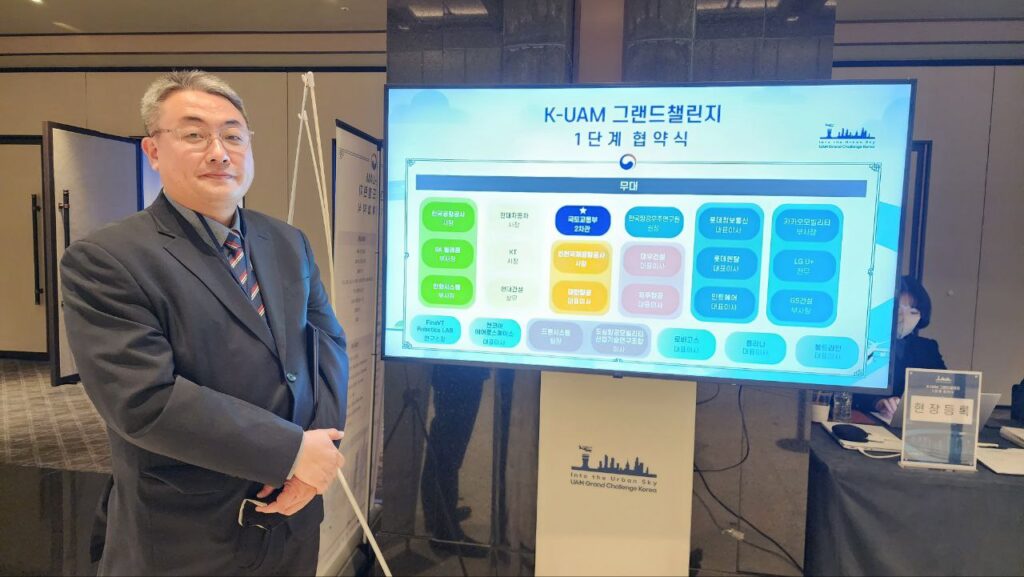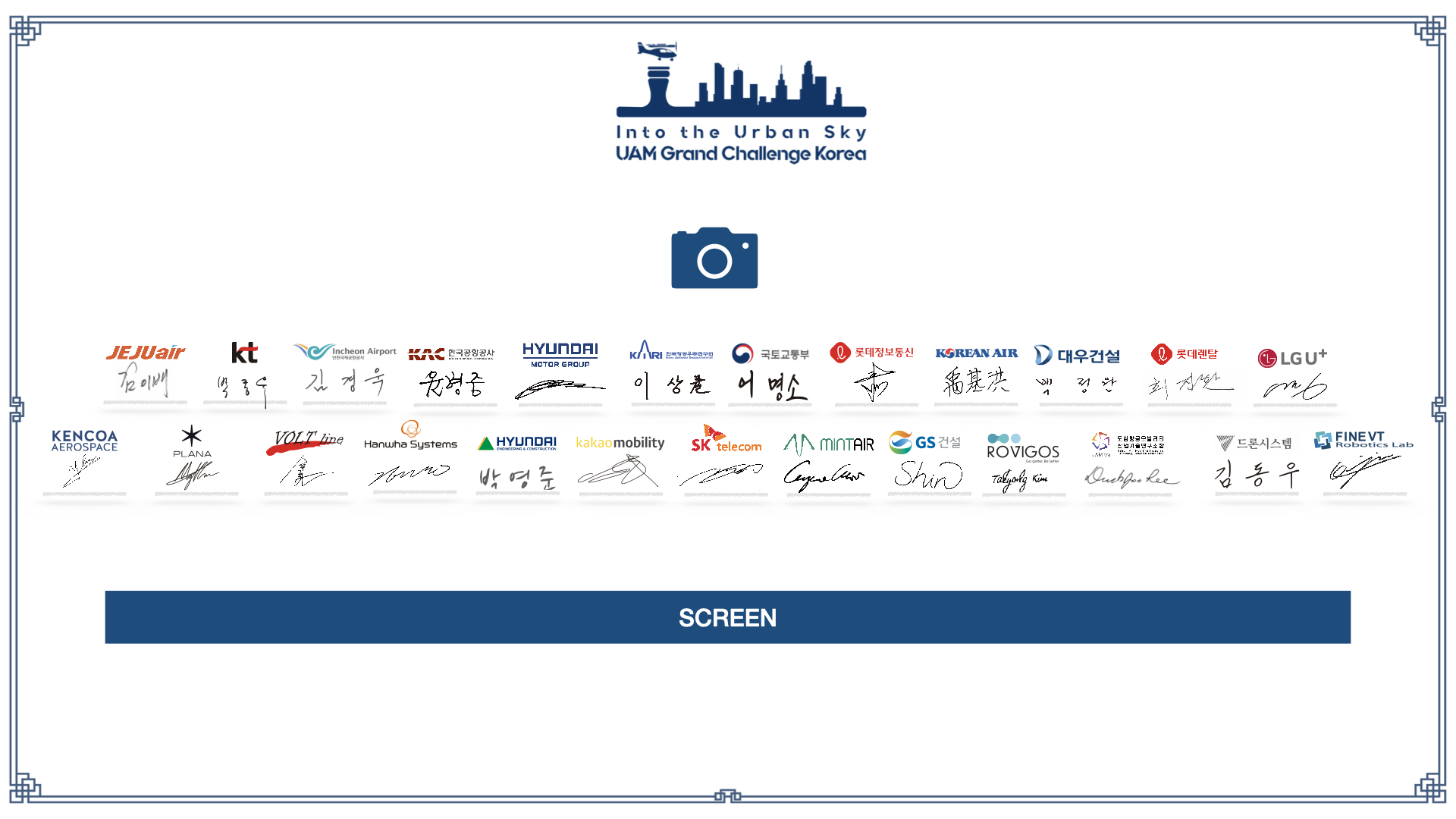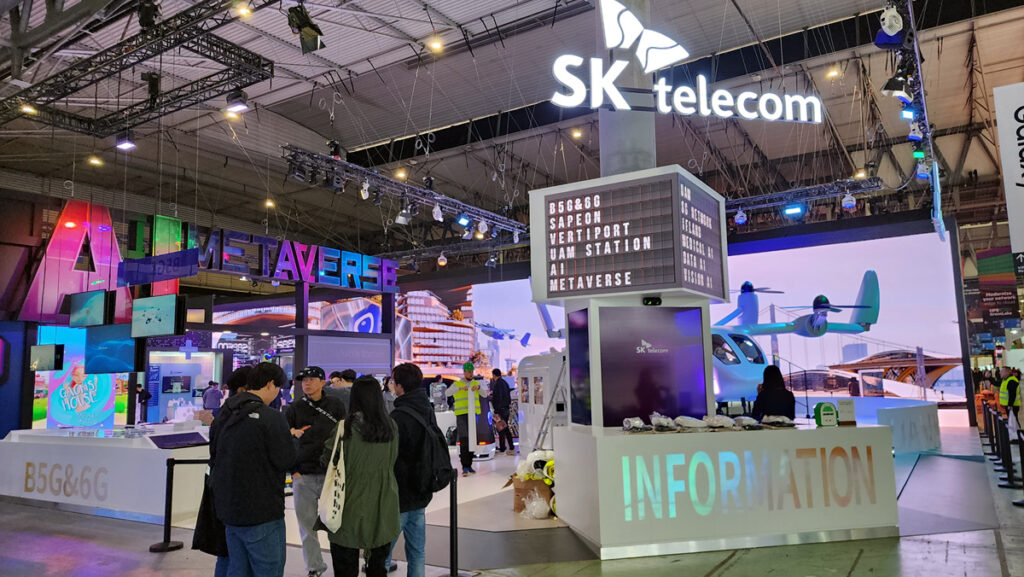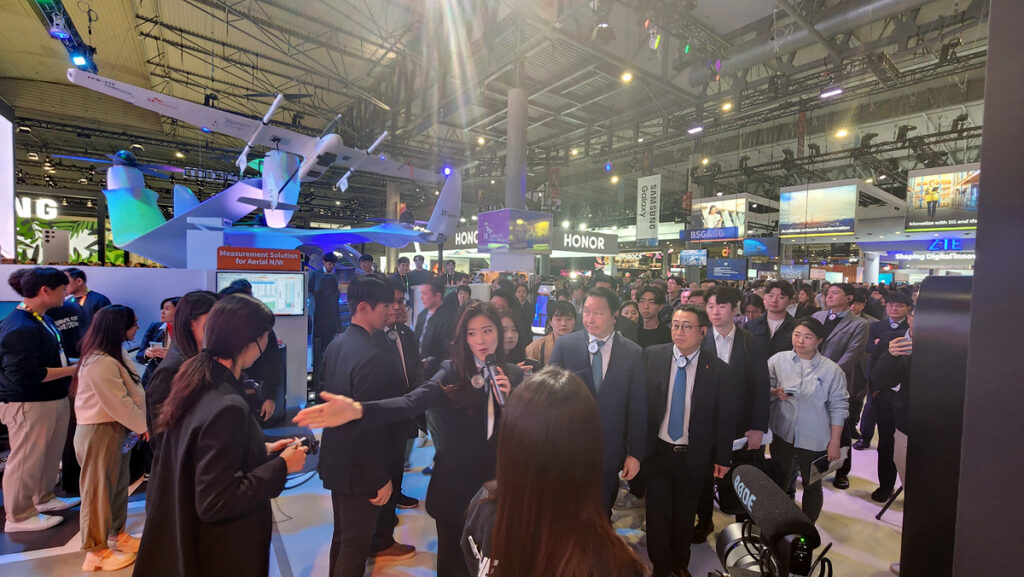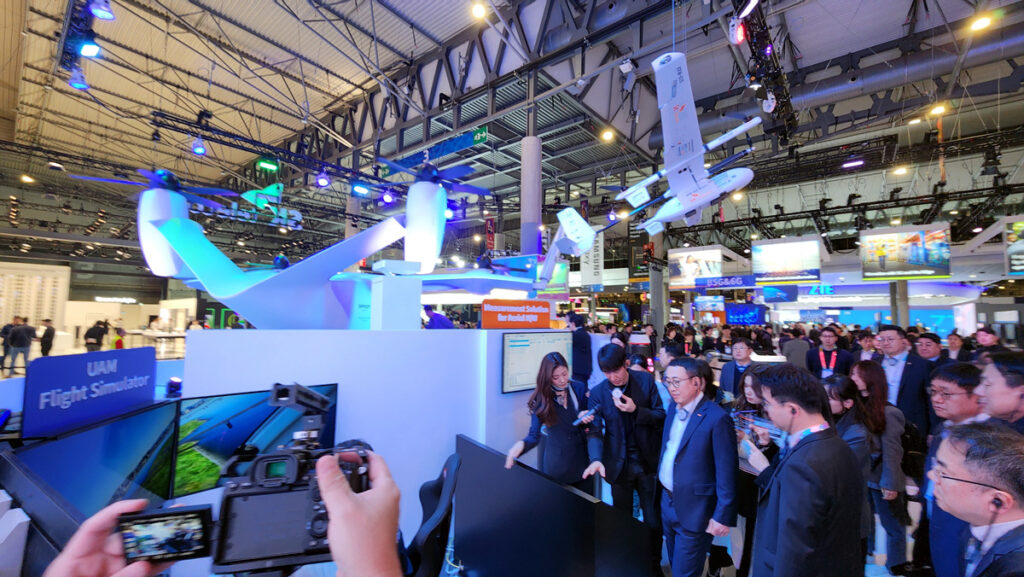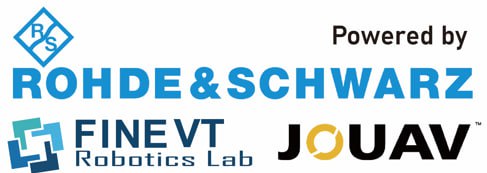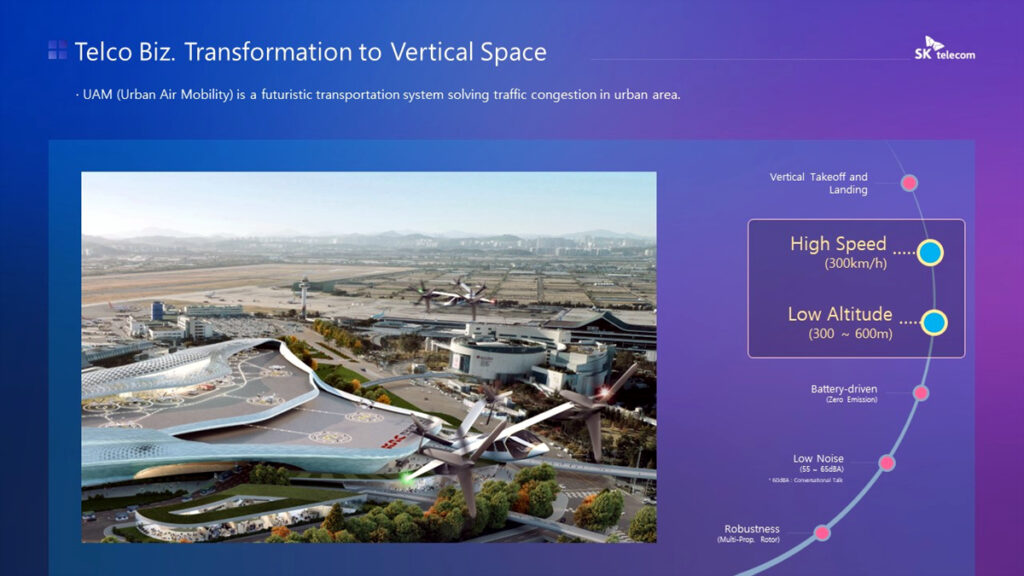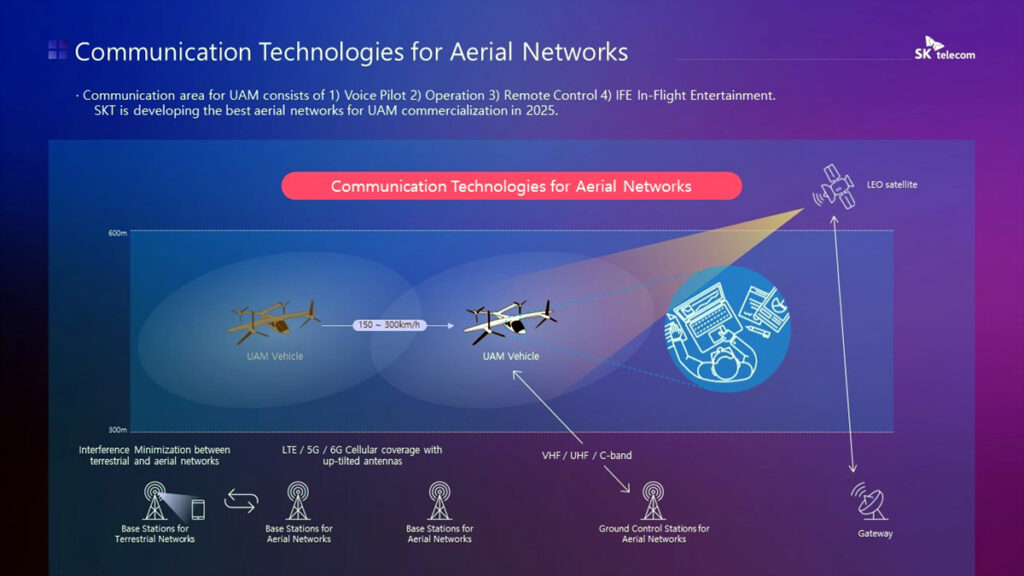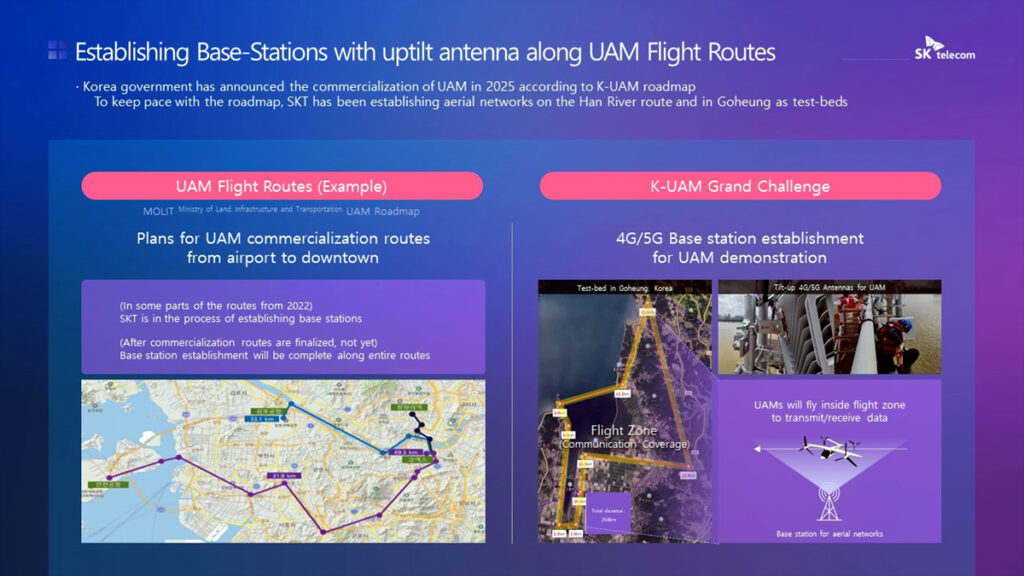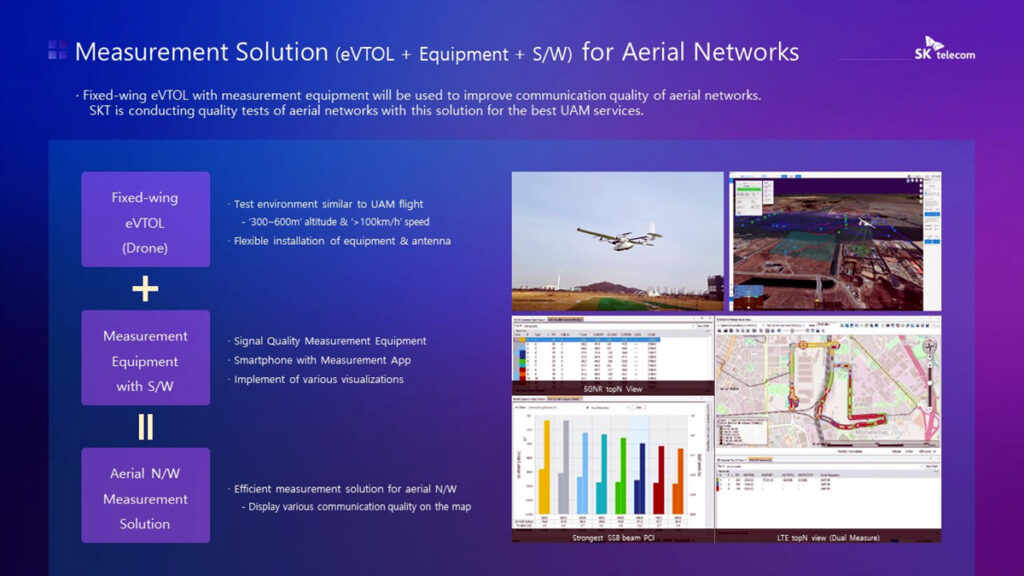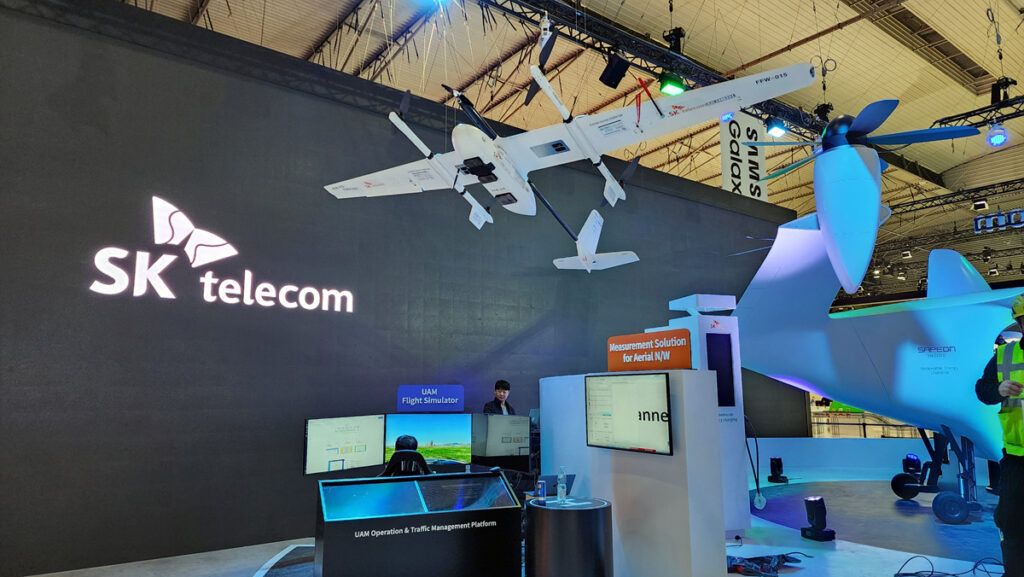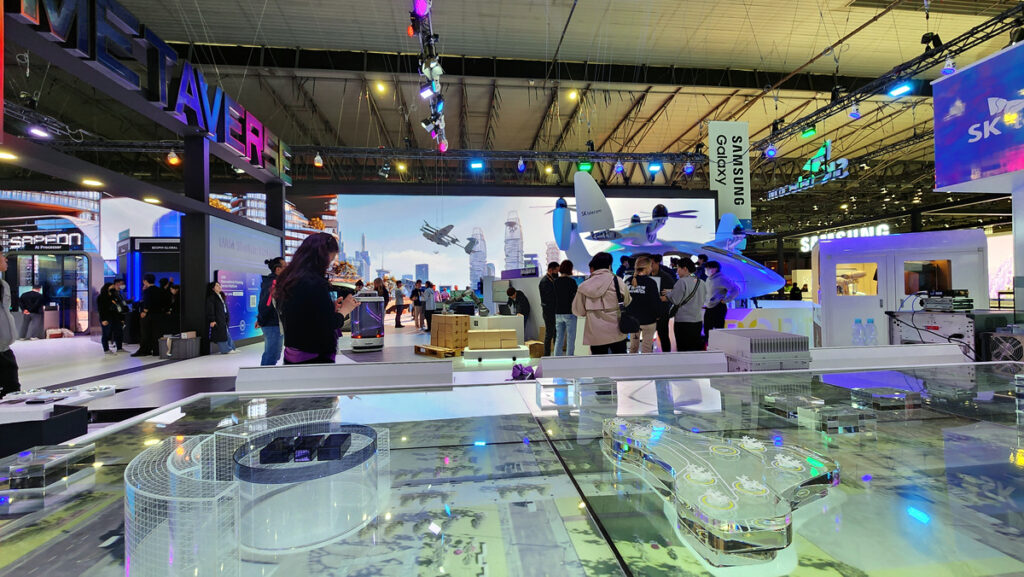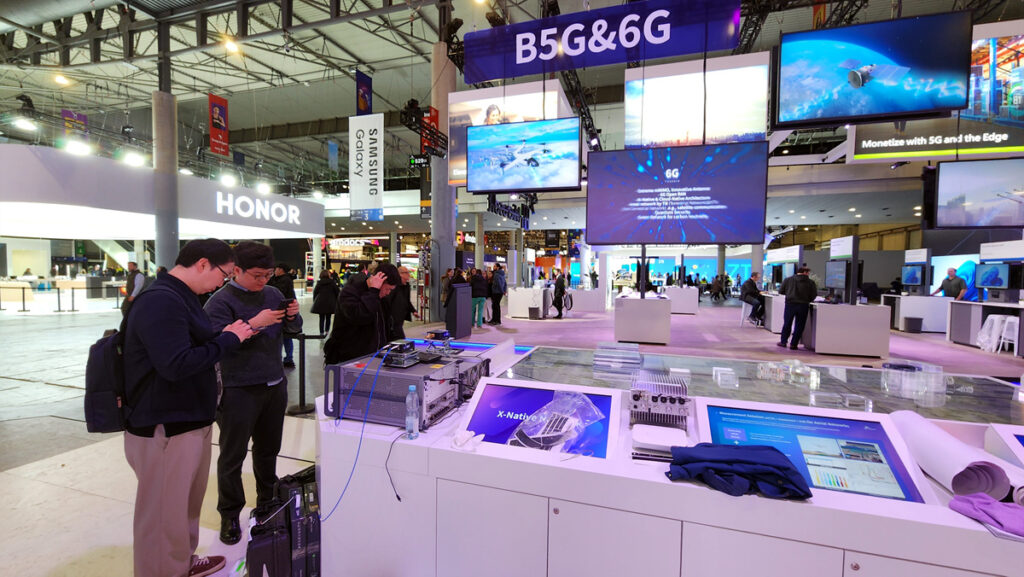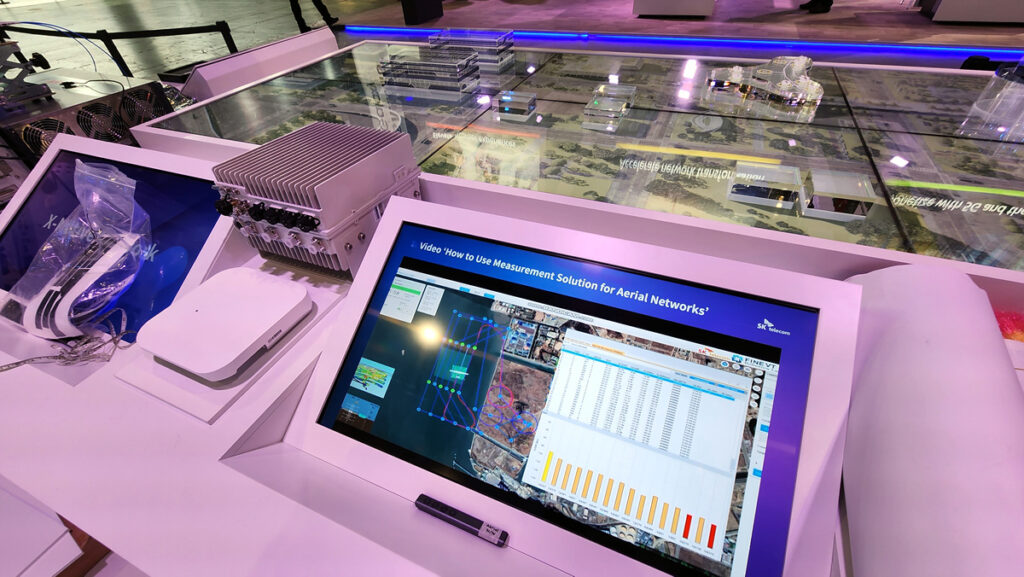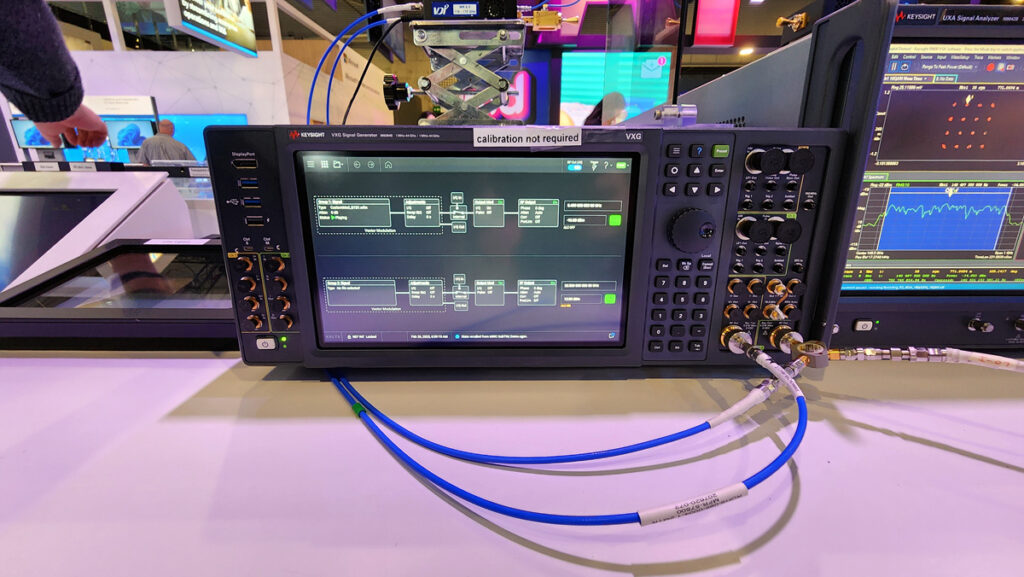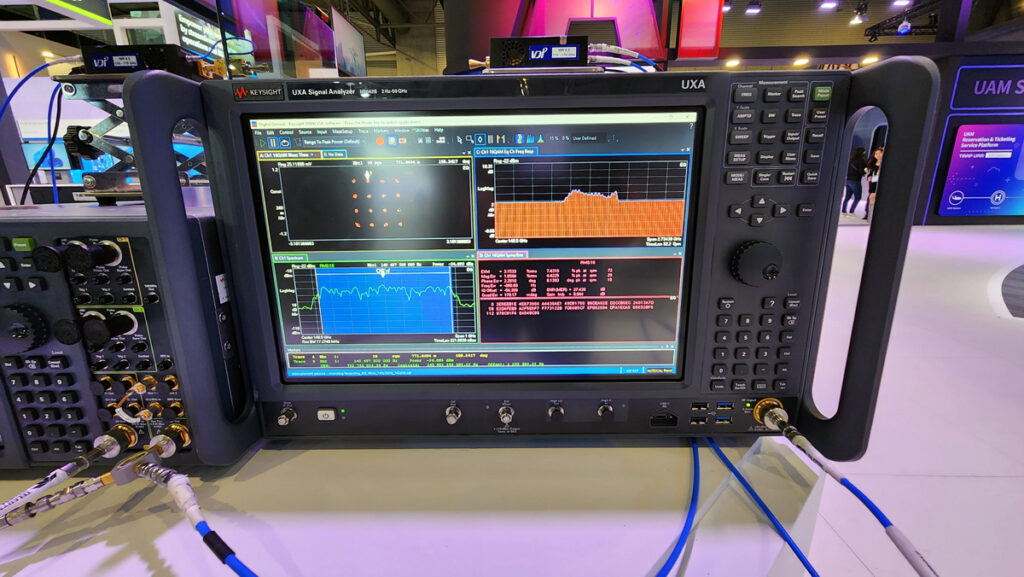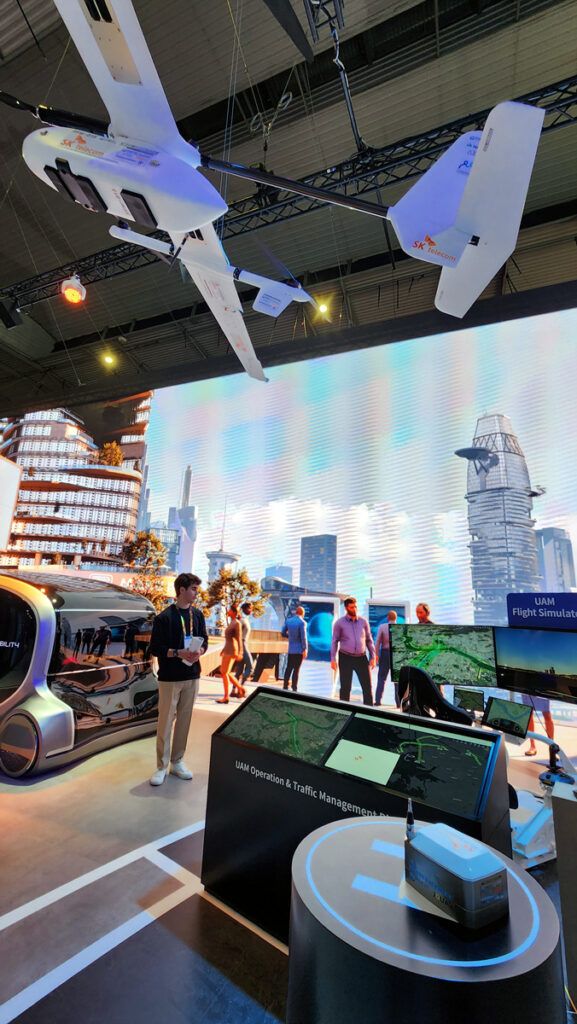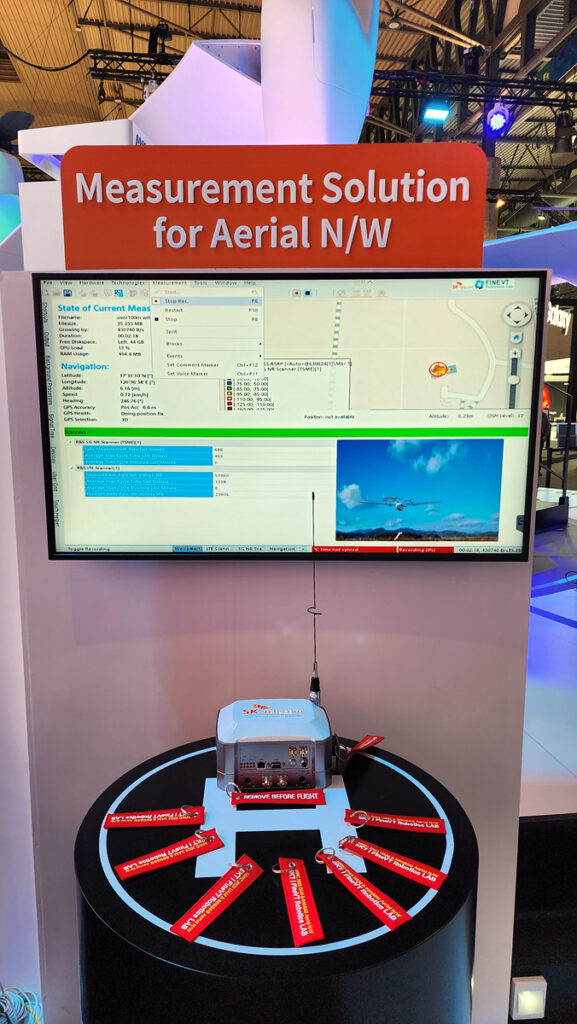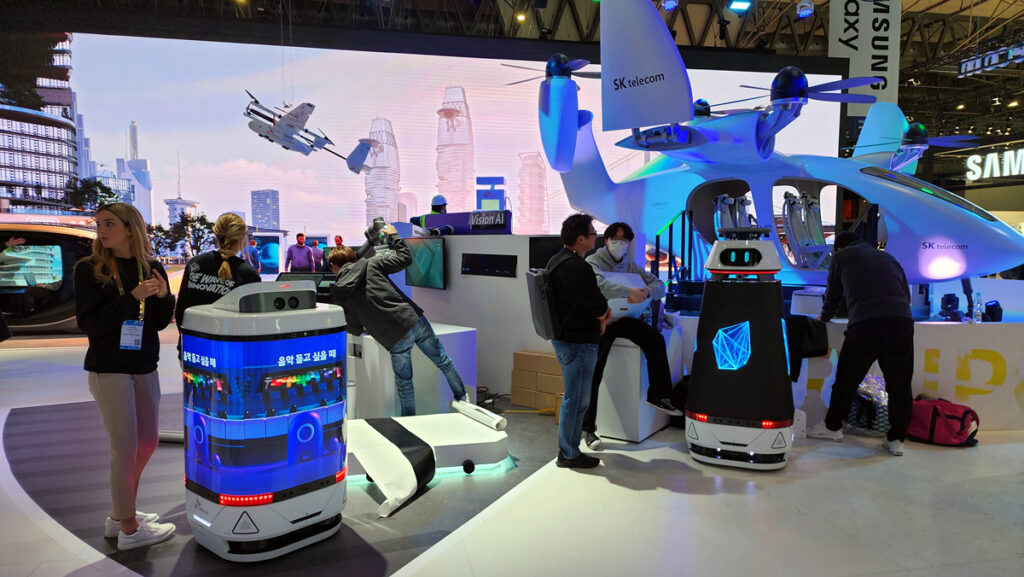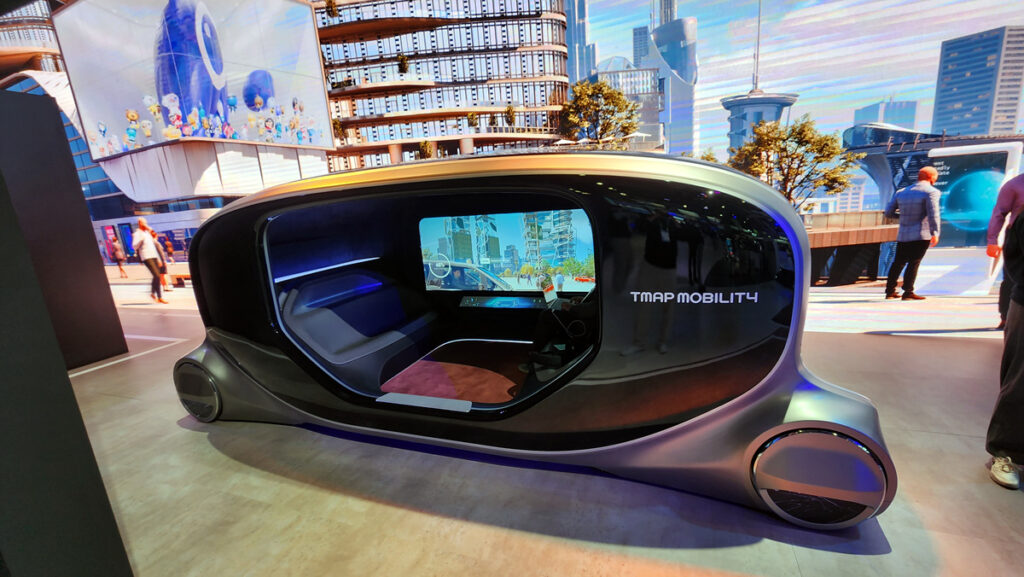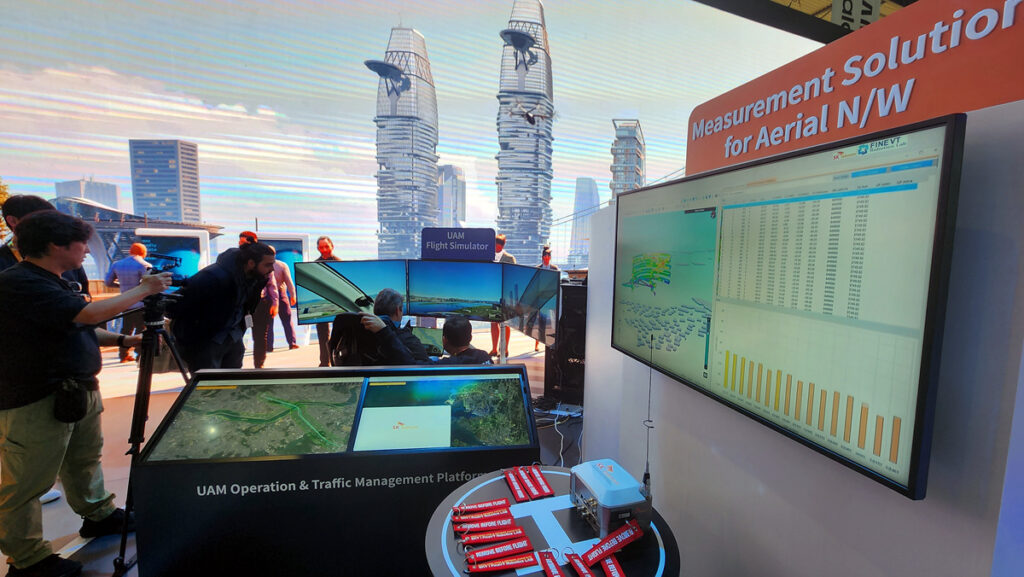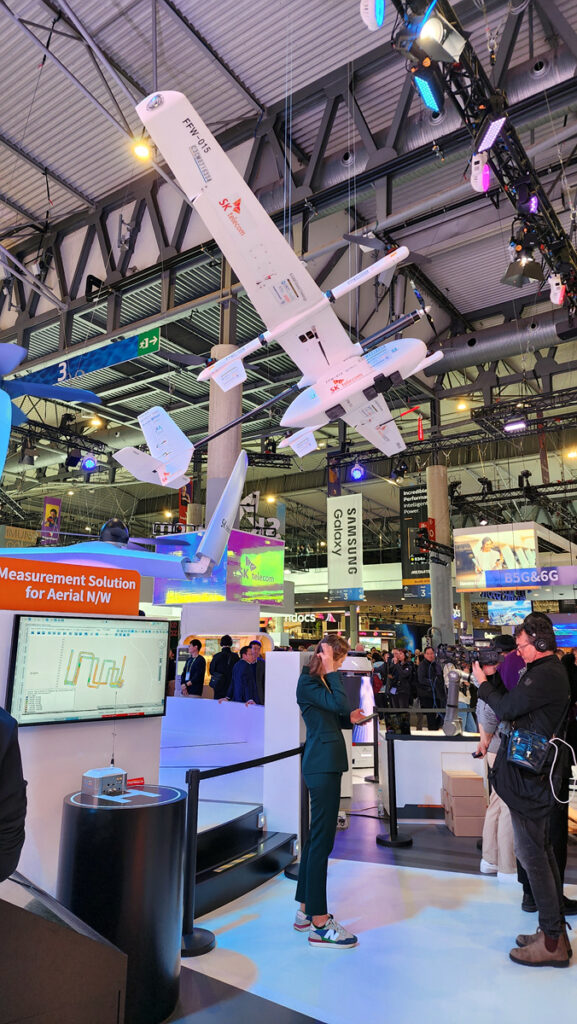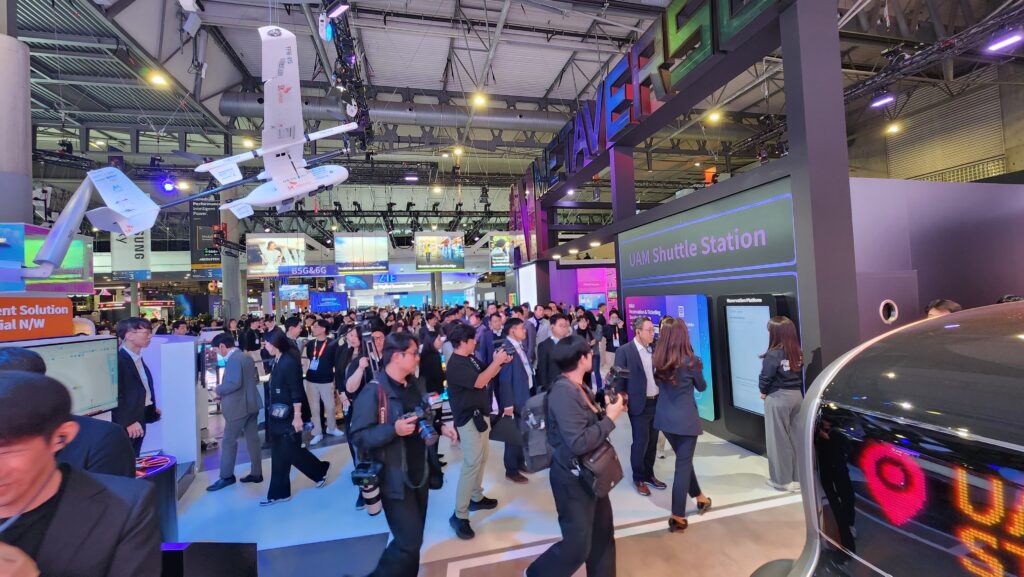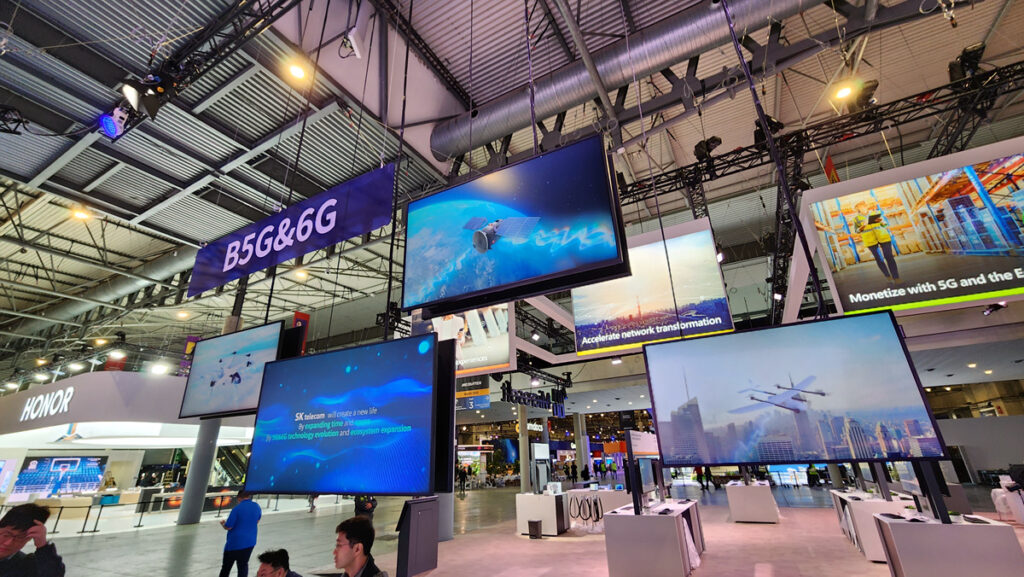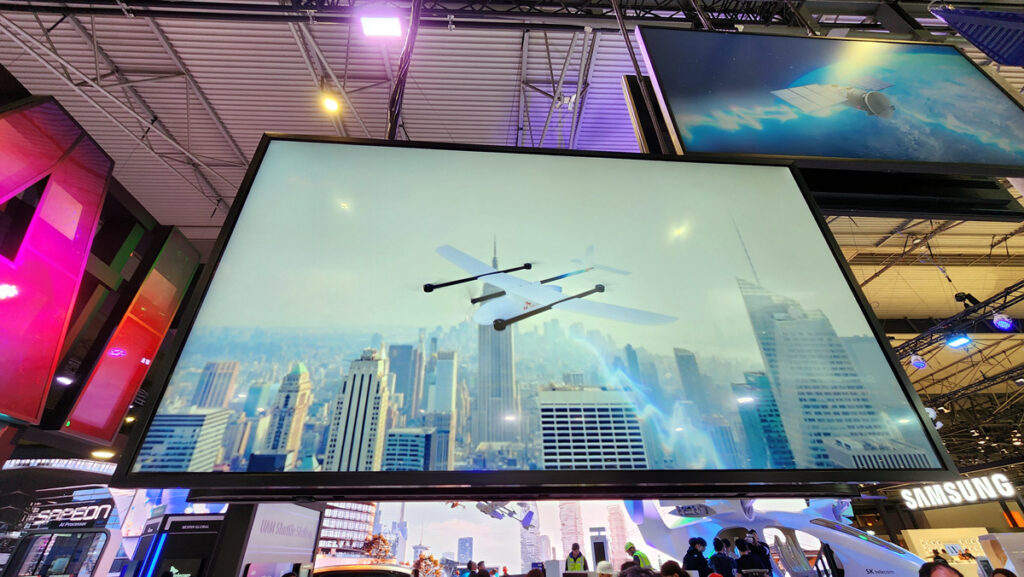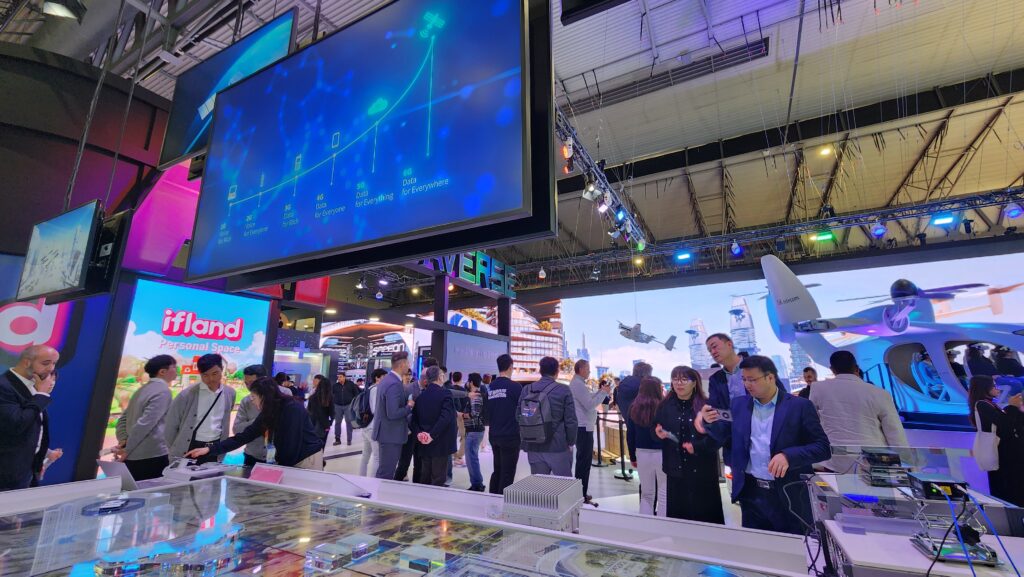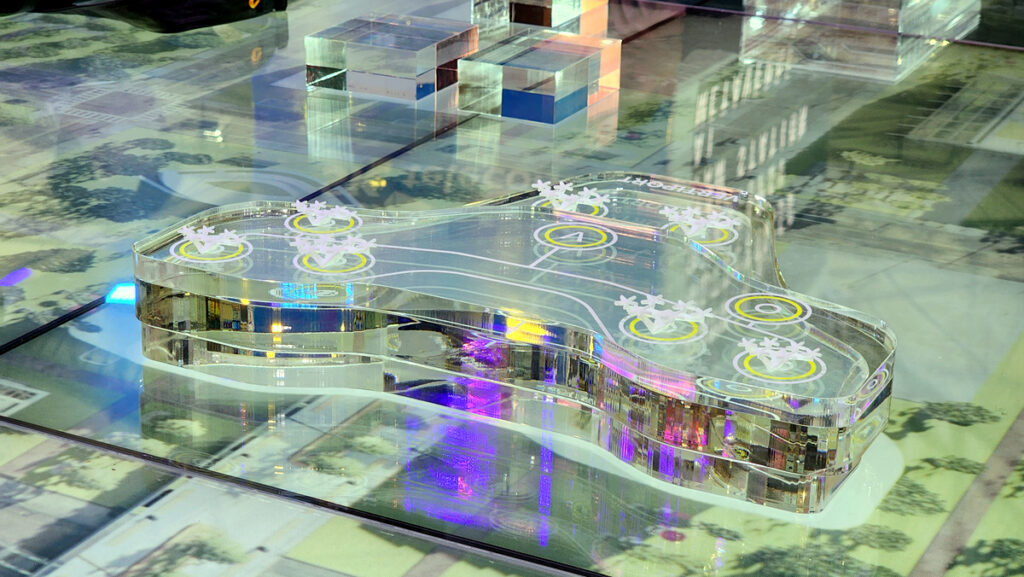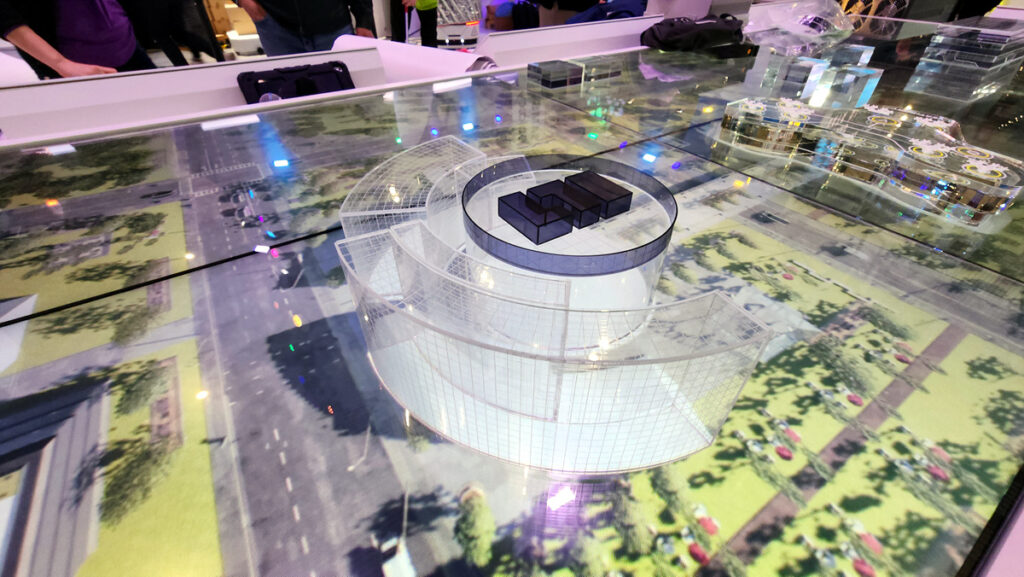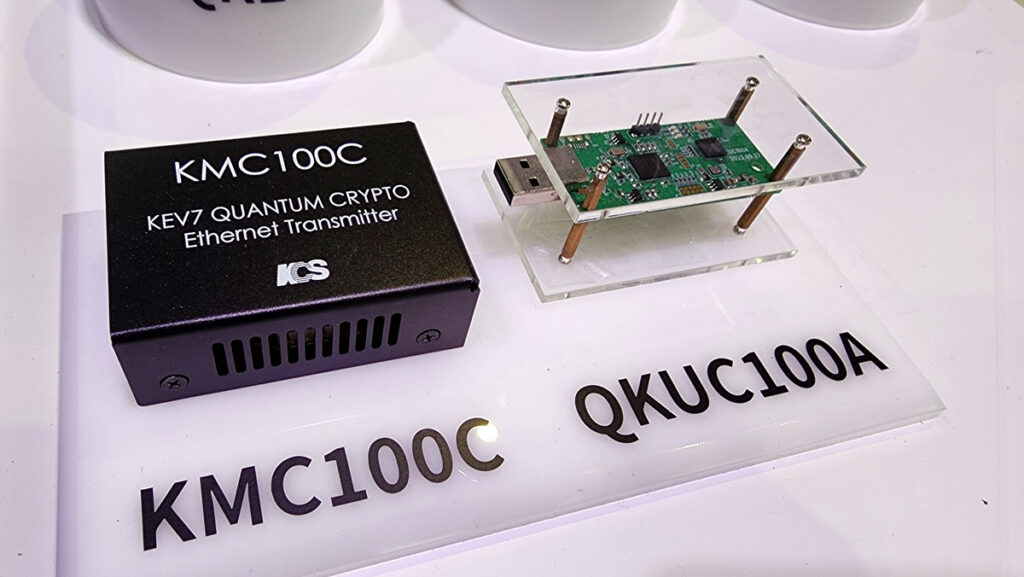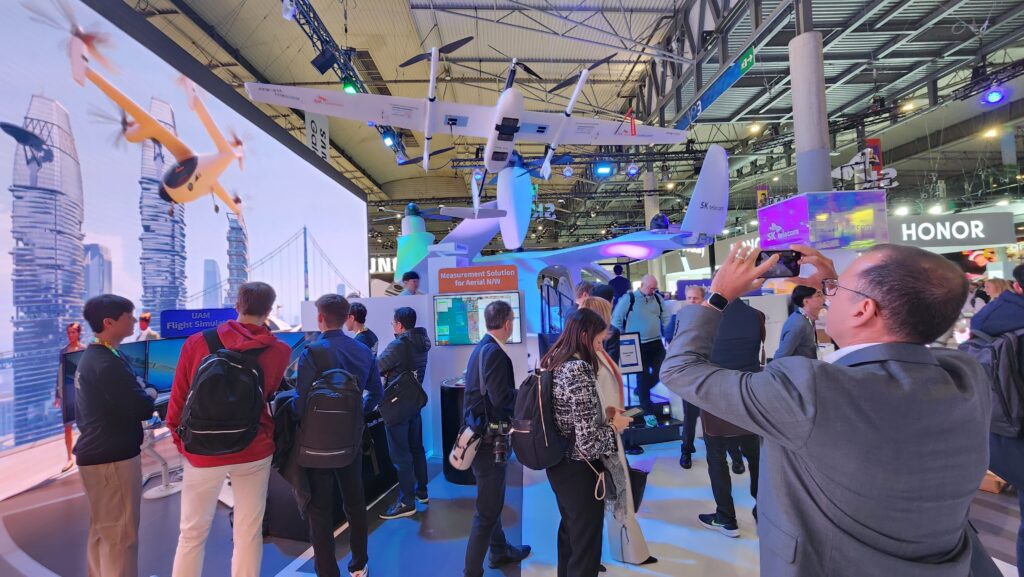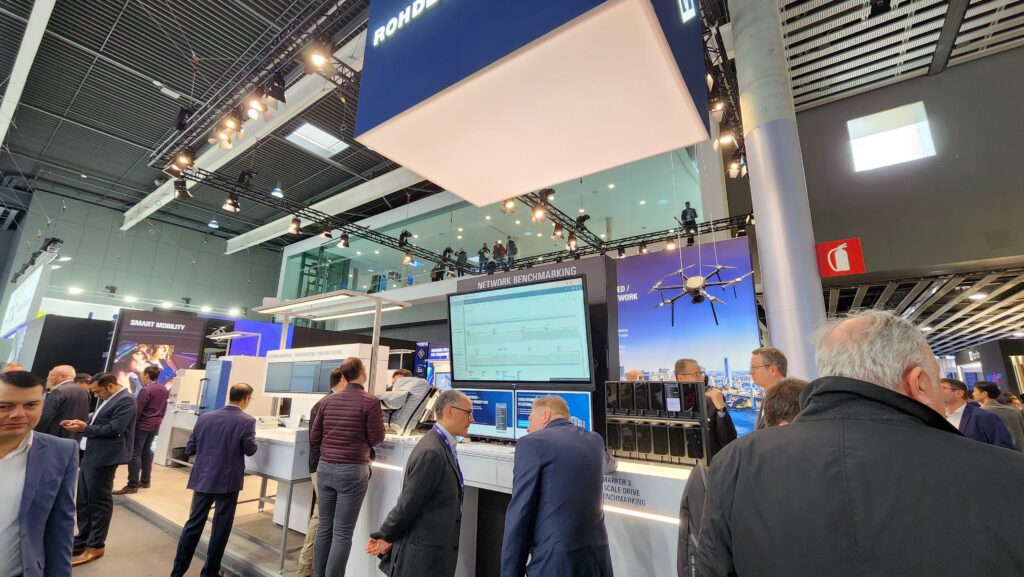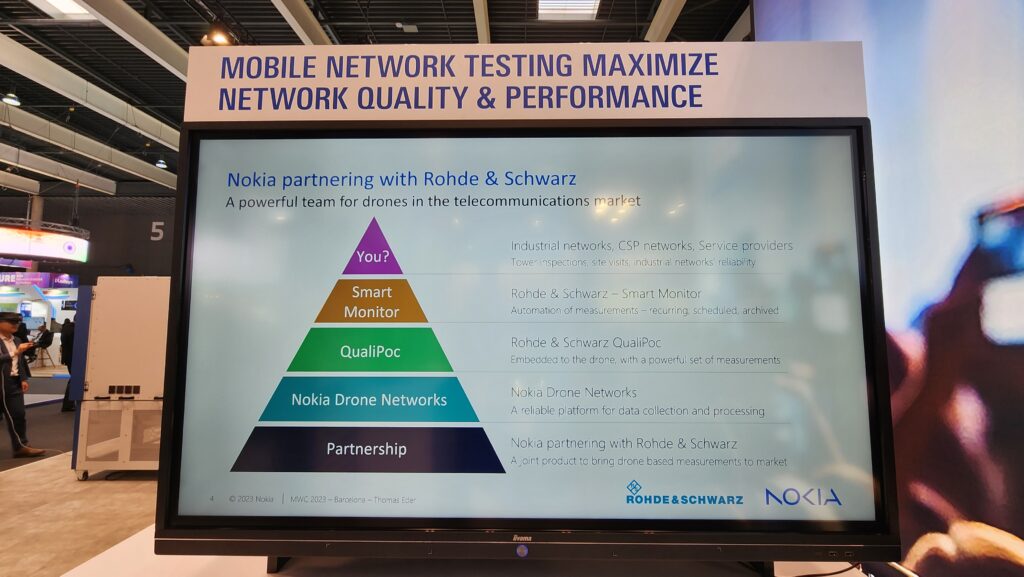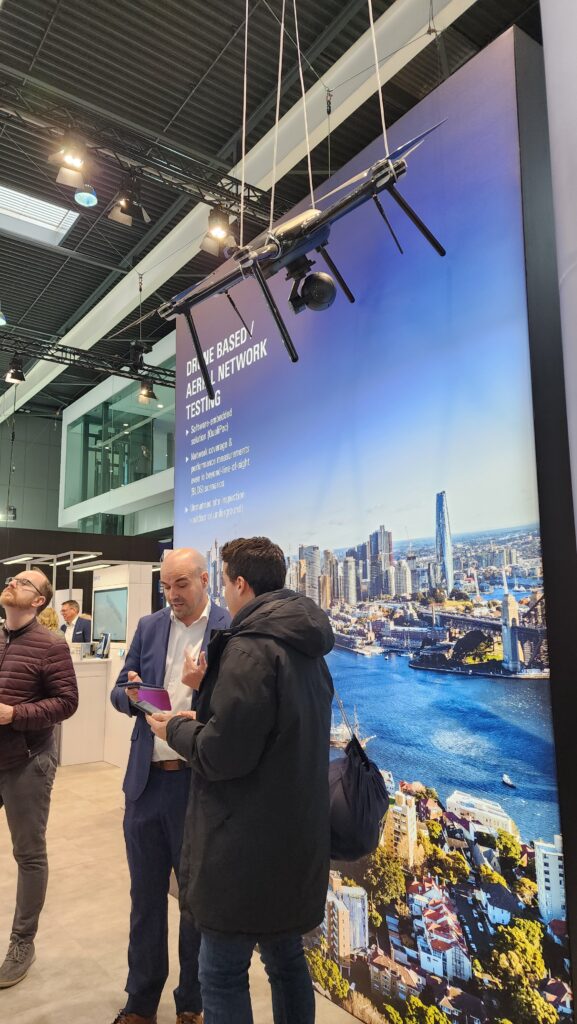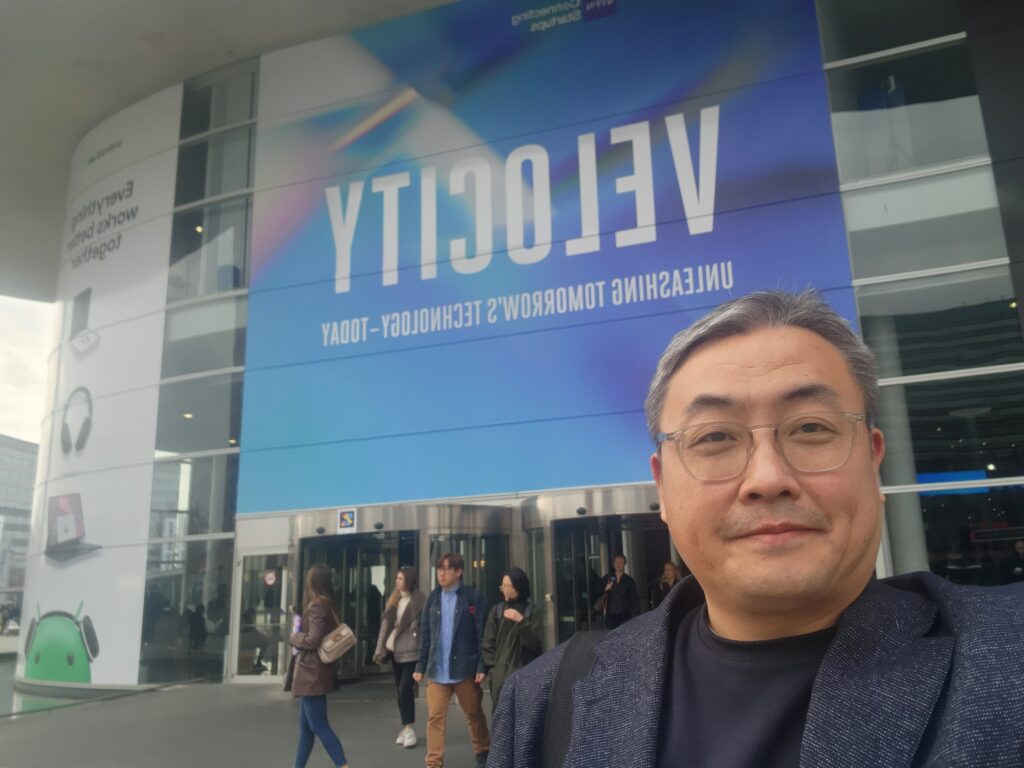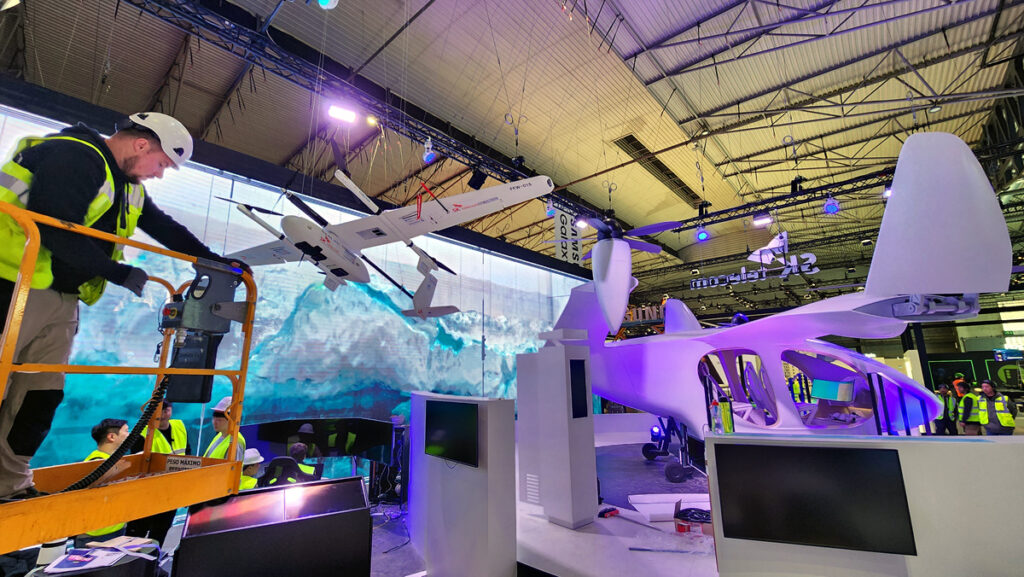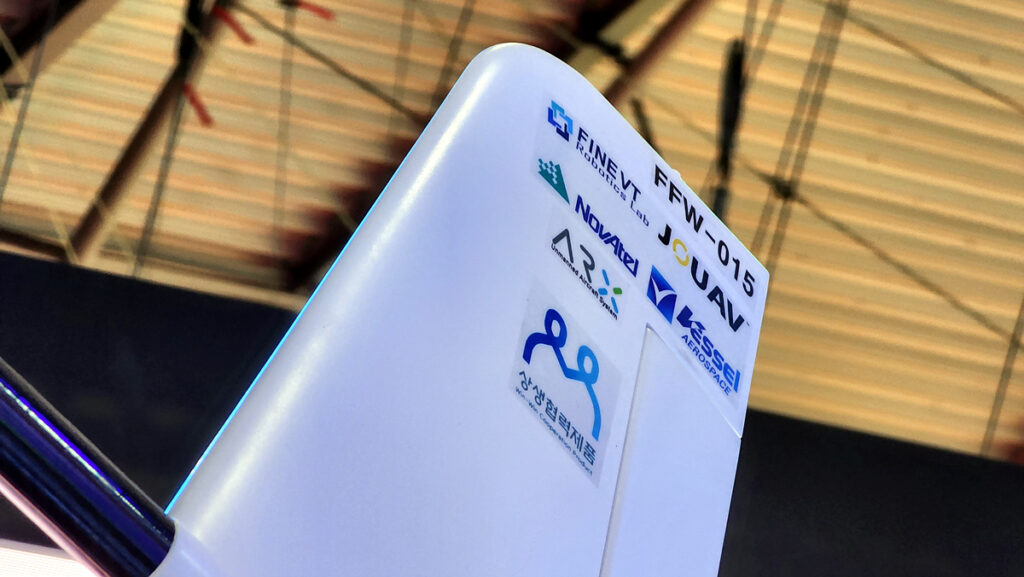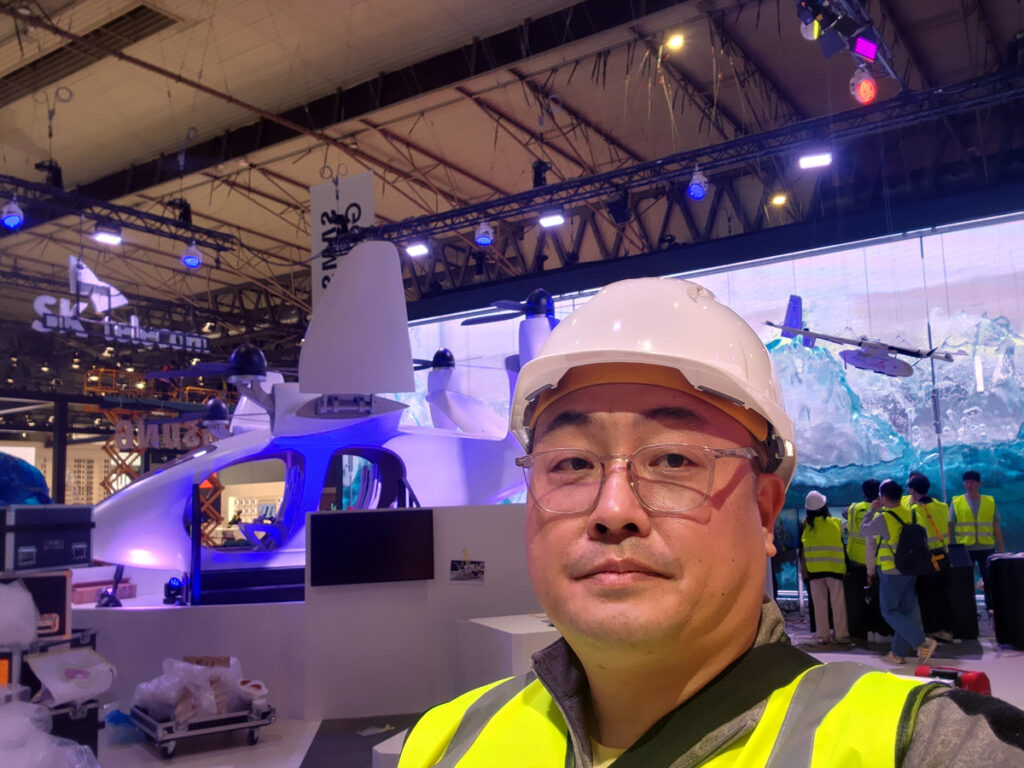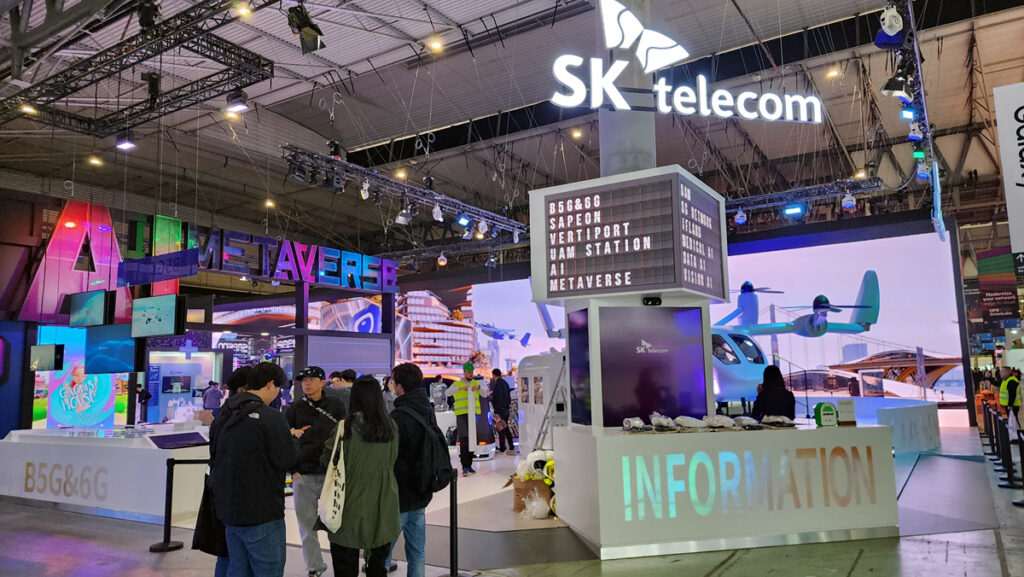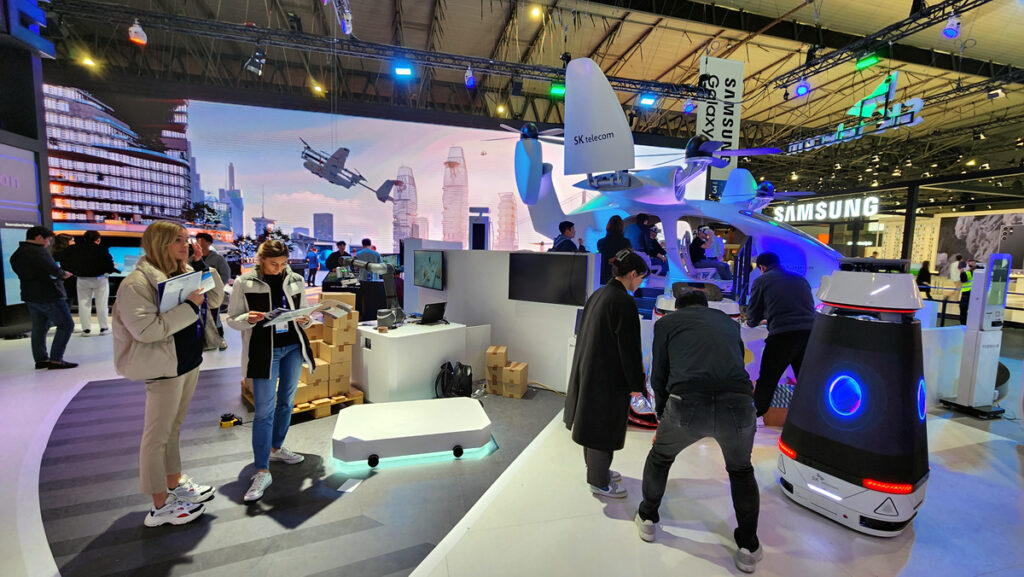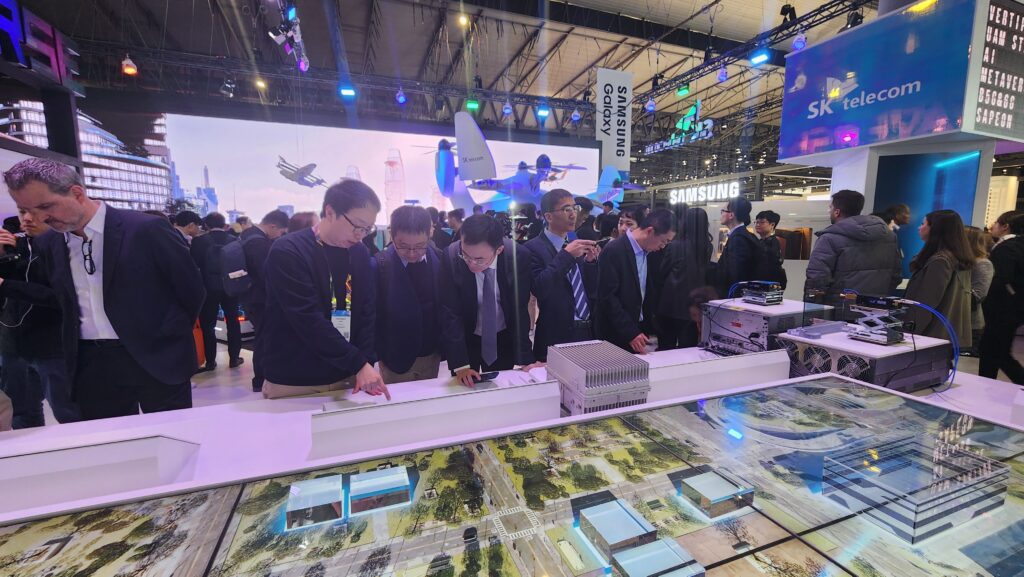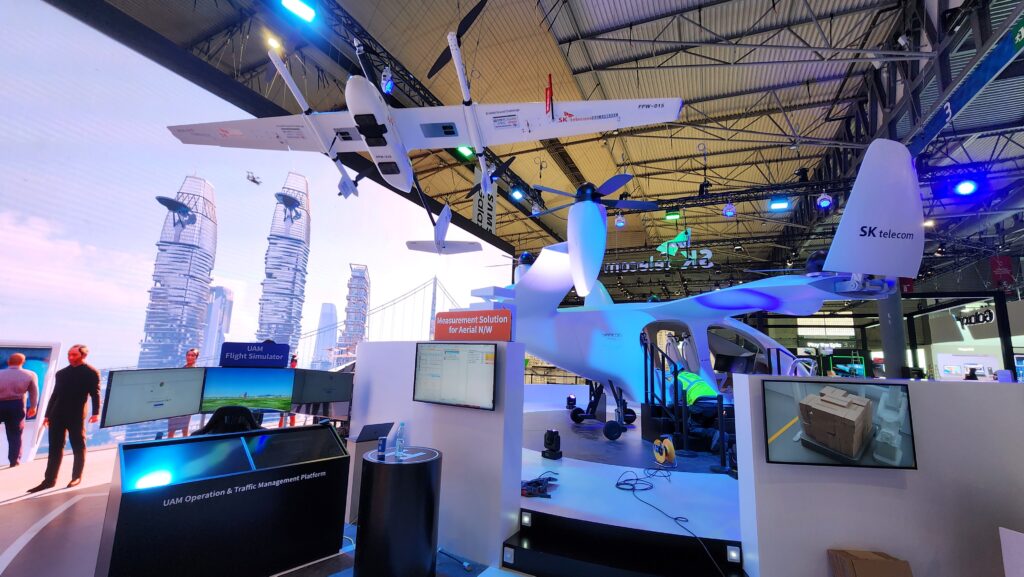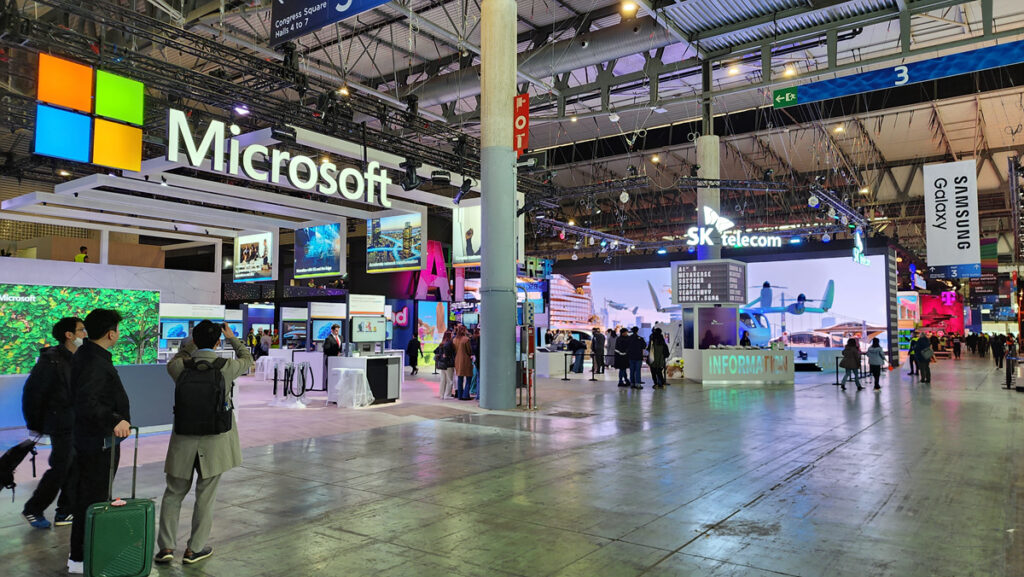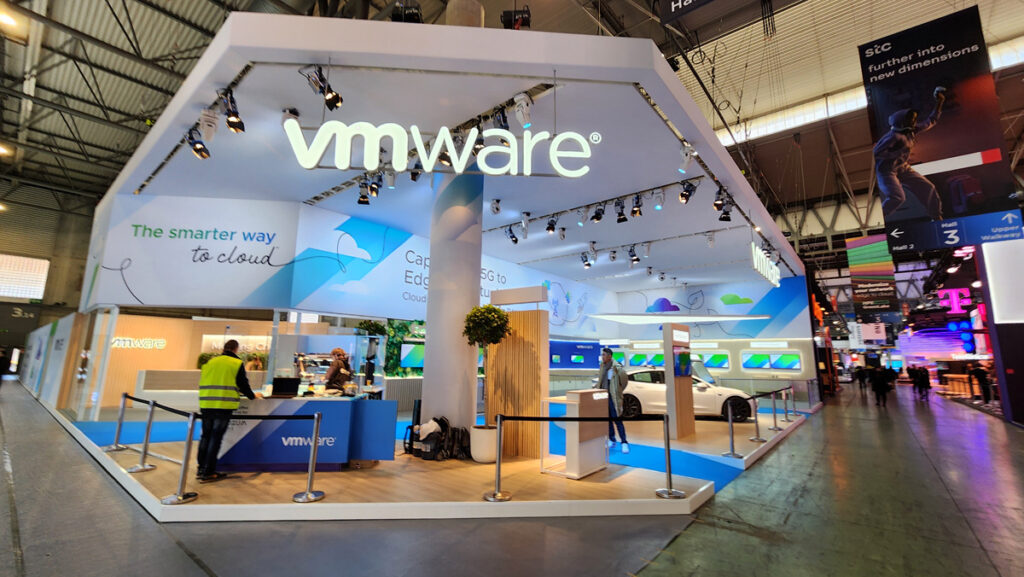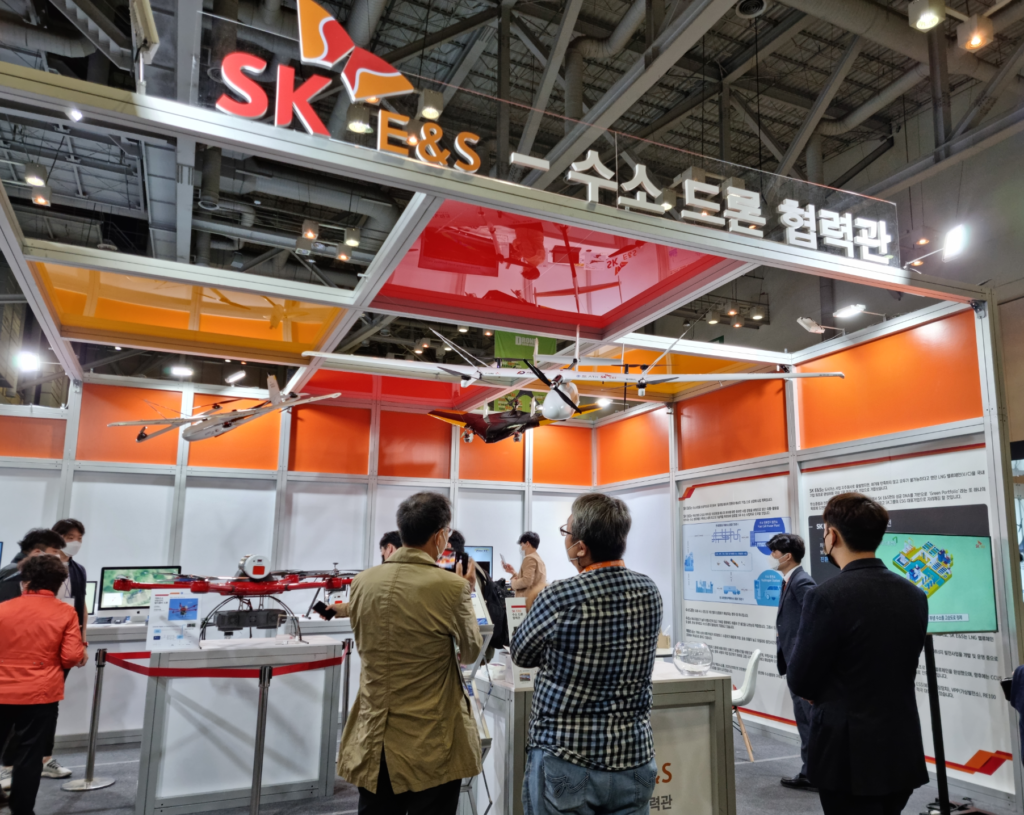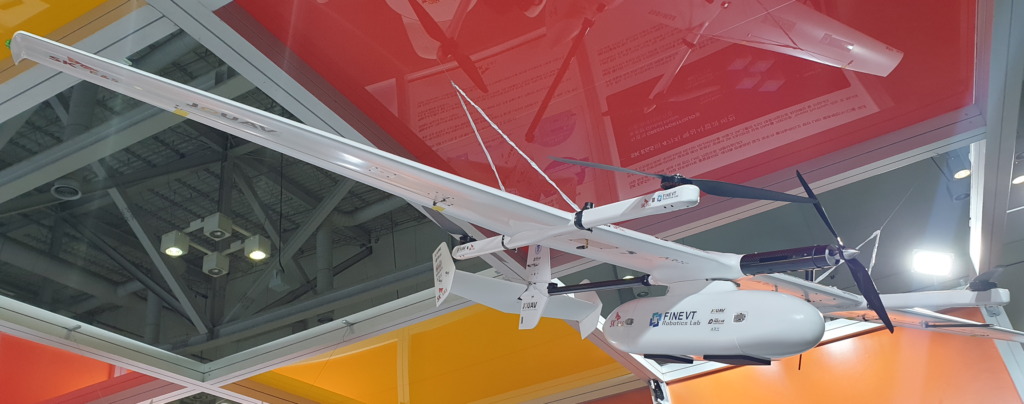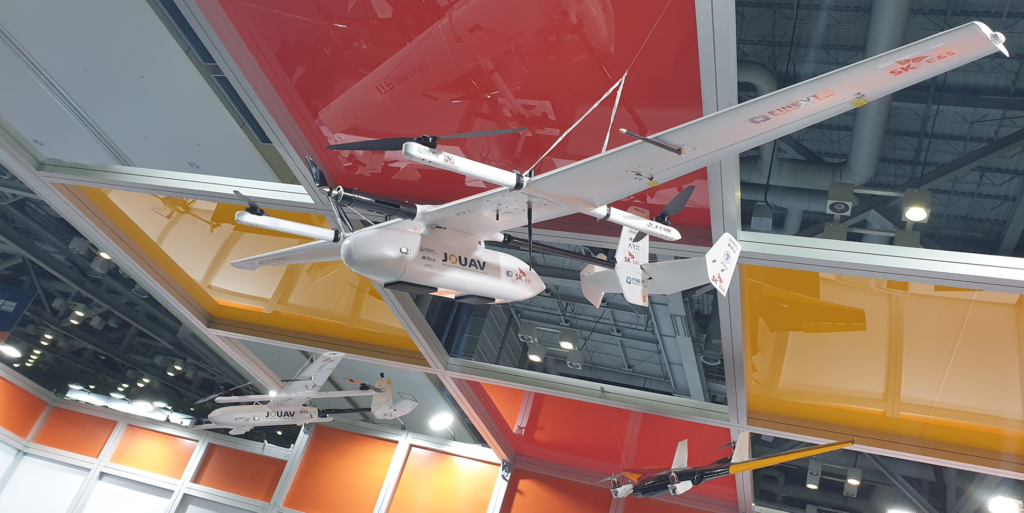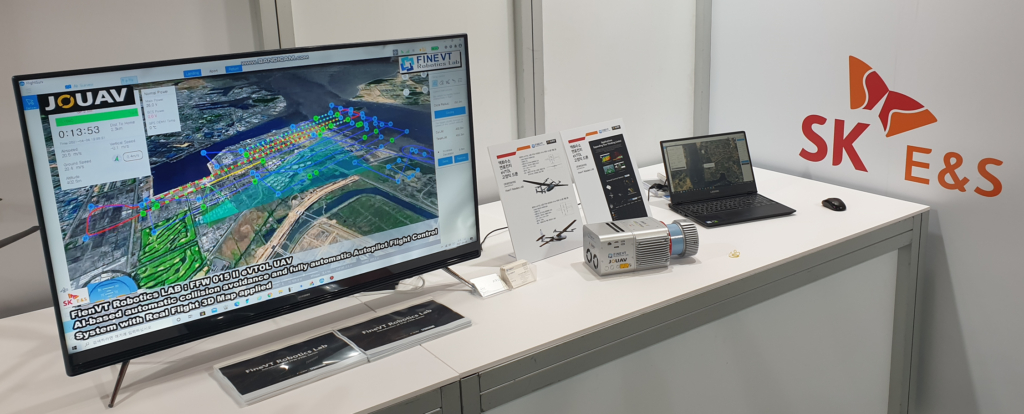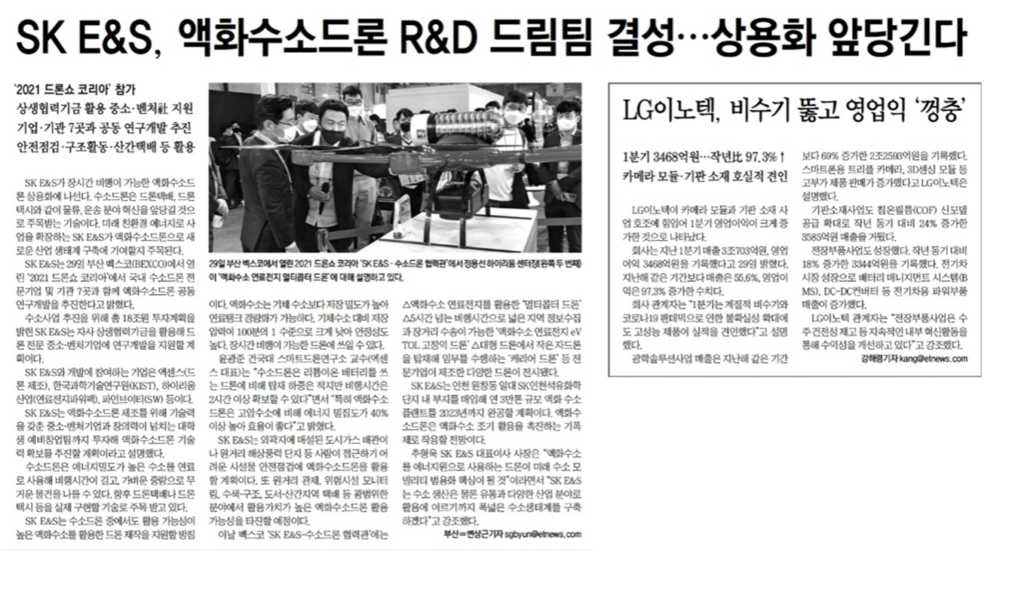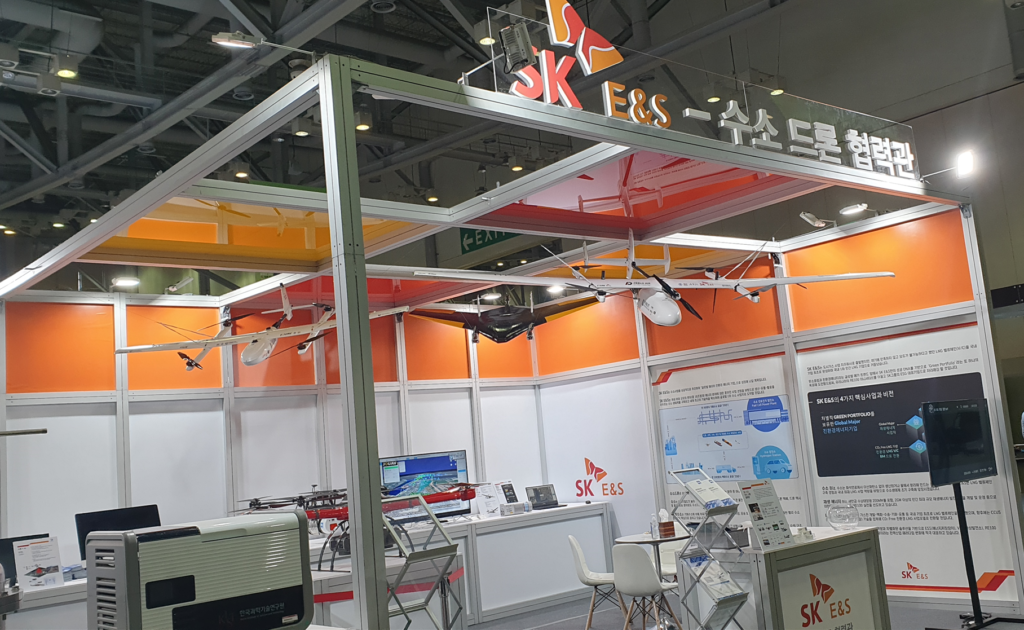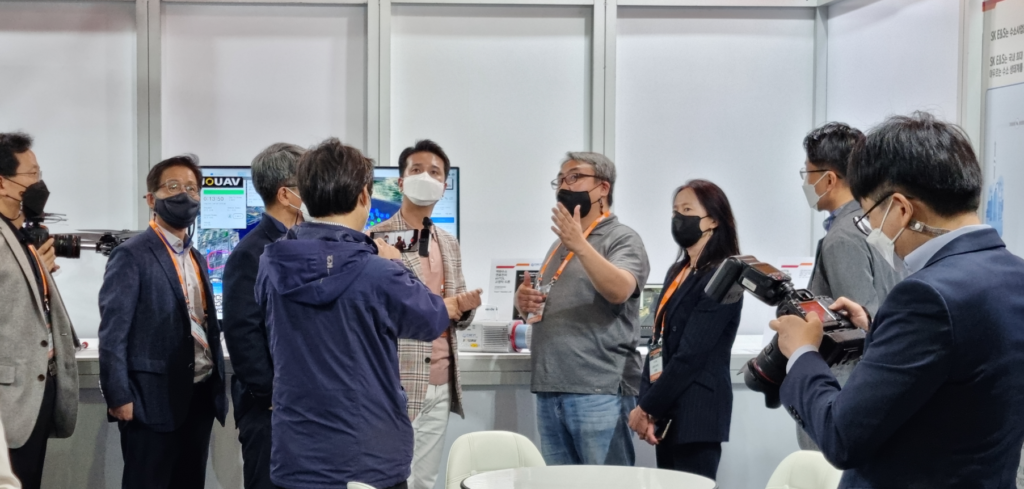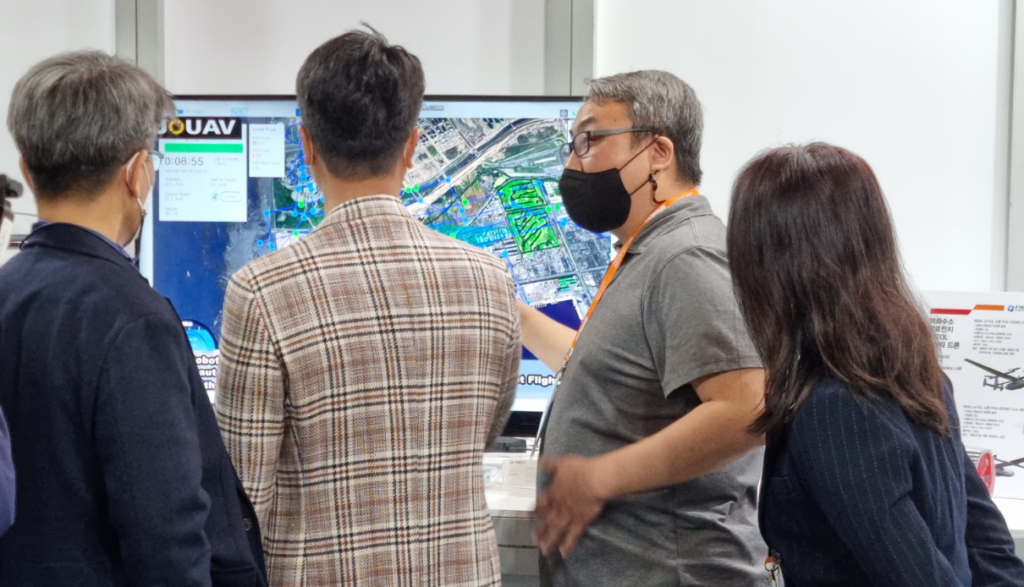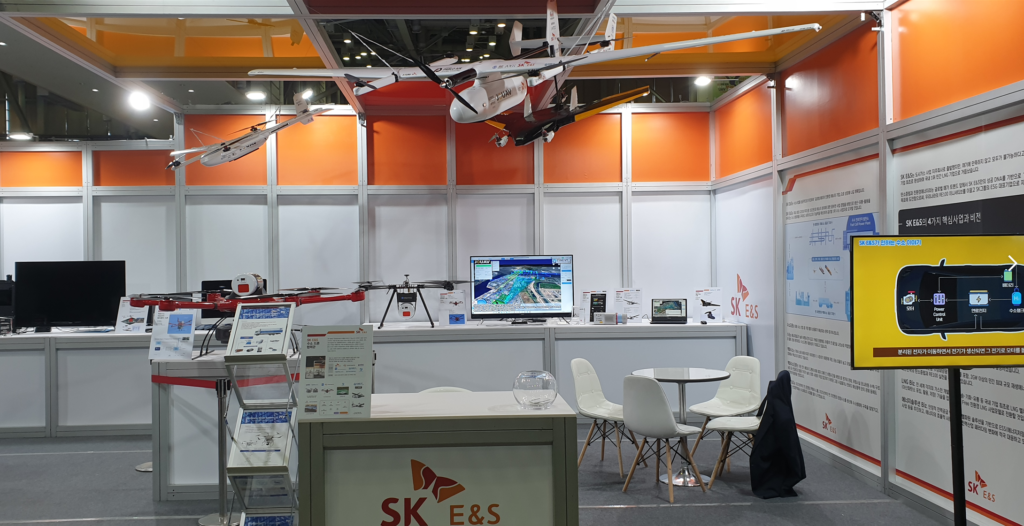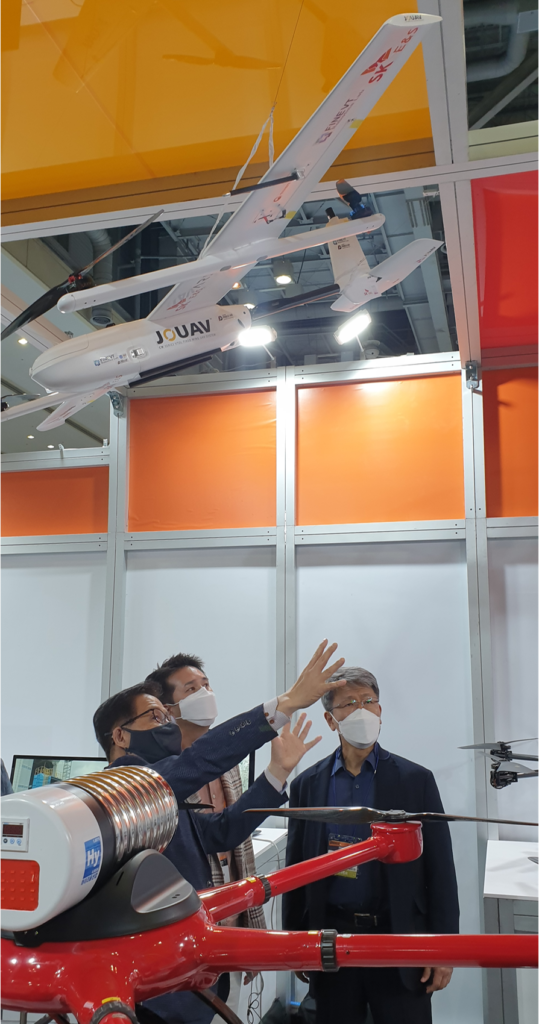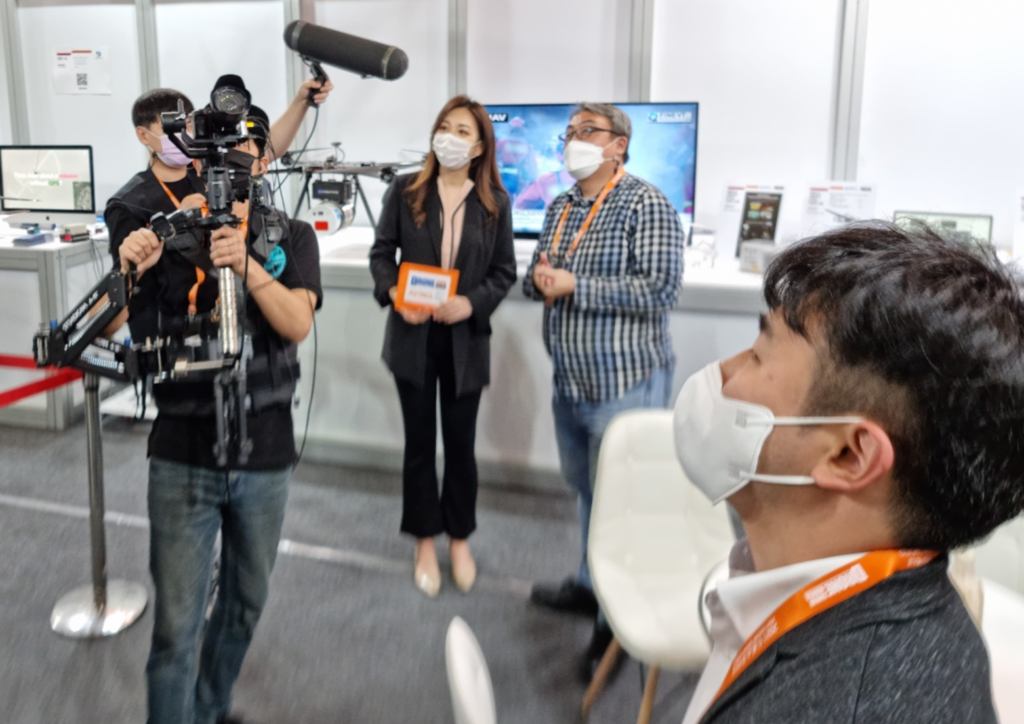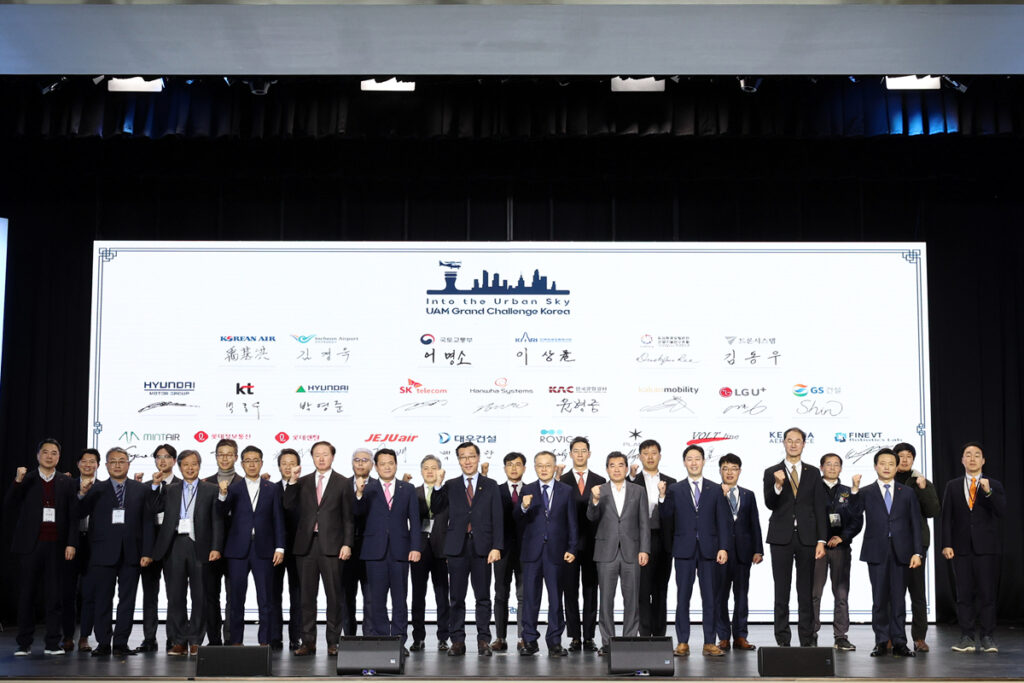
On the morning of February 22, 2023, at the Grand Hyatt Hotel in Yongsan-gu, Seoul, the 2nd Vice Minister of Land, Infrastructure and Transport Myeong-so Eo and consortium participants are taking a commemorative photo at the first stage agreement ceremony for the Korean urban air transportation demonstration project ‘K-UAM Grand Challenge’ held at the Grand Hyatt Hotel in Yongsan-gu, Seoul.



Large corporations such as Hyundai Motor Company, KT, Korean Air, SKT, Kakao Mobility, and Lotte cast their votes for the first urban air transportation (UAM) demonstration in Korea. The government plans to begin UAM urban demonstration next year and commercialize it by 2025.
The Ministry of Land, Infrastructure and Transport will sign an agreement with companies participating in the first phase of the Korean urban air transportation demonstration project (K-UAM Grand Challenge) at the Grand Hyatt Hotel in Seoul on the 22nd.
At this agreement ceremony, Eo Myung-so, the 2nd Vice Minister of Land, Infrastructure and Transport, the head of the Korea Aerospace Research Institute, the host organization, representatives of the 7 consortiums participating in the integrated operation demonstration (aviation, traffic management, and vertiport) leading companies, and 5 participating in the single field demonstration Representatives of host companies from consortiums and companies participate.
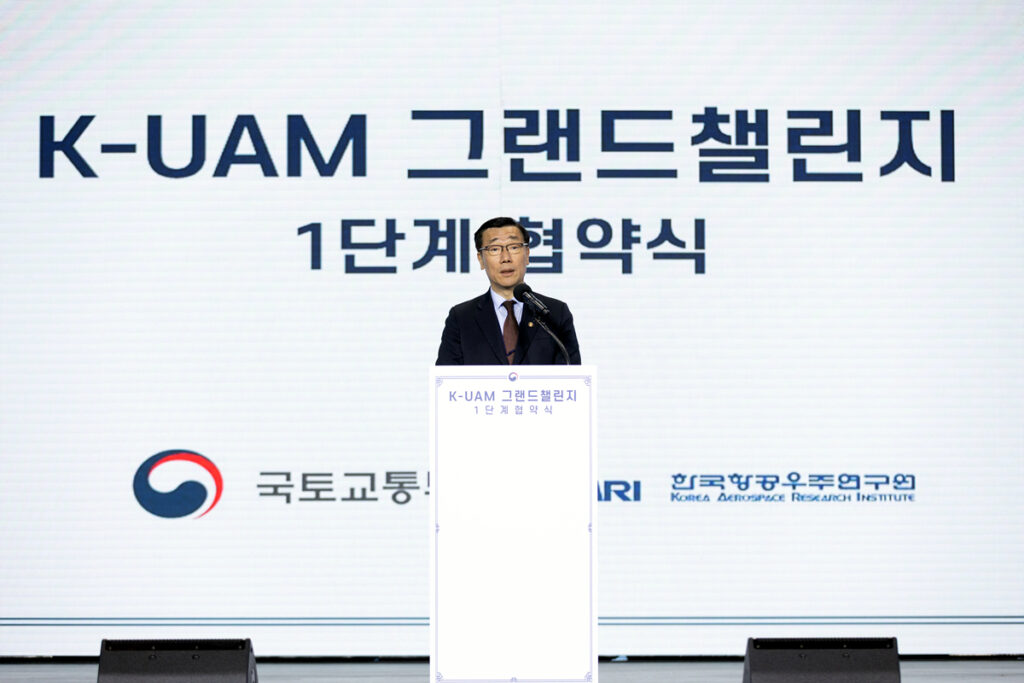
Demonstrating K-UAM Working with 46 Companies
On February 22 (KST), The Ministry of Land, Infrastructure and Transport (MOLIT, Minister WON Hee-ryong) announced that it had an agreement ceremony with companies participating in the first phase of the Korean Urban Air Mobility Demonstration Project (K-UAM Grand Challenge)
The agreement signifies that each consortium and company has completed the preparation for the demonstration, including determining the specific demonstration period and airframe used.
The Grand Challenge is being promoted for the first time in the world by establishing a traffic management system using commercial communication networks such as 5G, establishing an integrated operation system based on the premise of commercialization, and using a virtual integrated operation simulator.
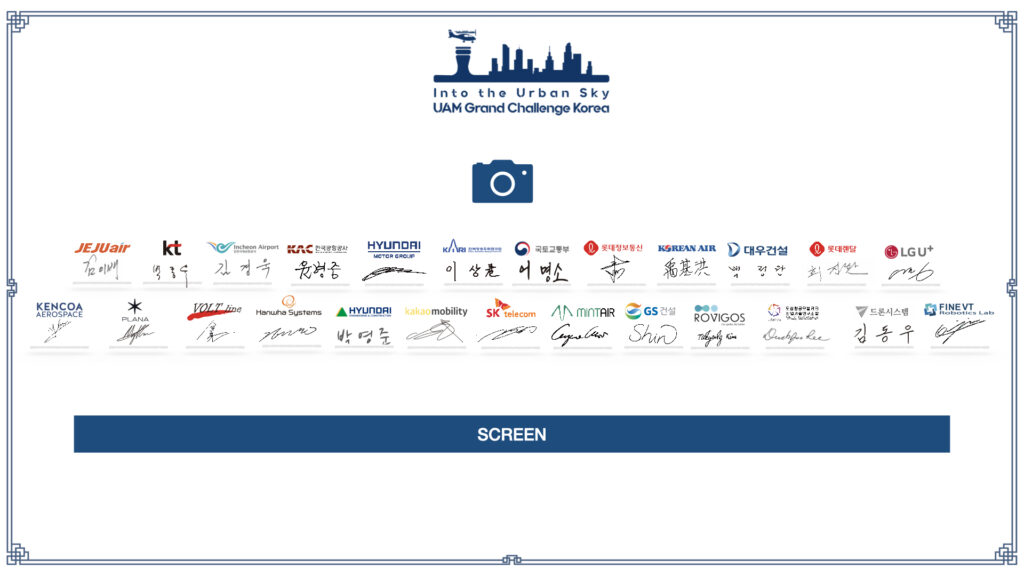
K-UAM Grand Challenge Participating Institutions are
▲(Korean Air/Incheon Airport Consortium): Korean Air (Operation), Incheon International Airport Corporation (Traffic Management/Vertiport)
▲(UAMitra): UAM Association (Aviation), Davo E&C (Traffic management), Drone System (Vertiport), etc. ▲(Hyundai MotorㆍKT Consortium): Hyundai Motor (Operation), KT (Traffic Management), Hyundai E&C (Vertiport), etc.
▲(K-UAM Dream Team) SKT (aviation), Hanwha Systems (traffic management), Korea Airports Corporation (Vertiport), etc.
▲(UAM Future Team): Kakao Mobility (Operation), LG U+ (Traffic Management), GS E&C (Vertiport), etc.
▲(Lotte Consortium): Mint Air (Aviation), Lotte Information & Communication (Traffic Management), Lotte Rental (Vertiport), etc.
▲(Daewoo E&C Jeju Air Consortium): Jeju Air (Operation), Daewoo E&C (Traffic Management/Vertiport), etc.
■(Single Sector): Plana, Voltline (Aviation), Kencore, Rovigos, FineVT (Traffic Management)
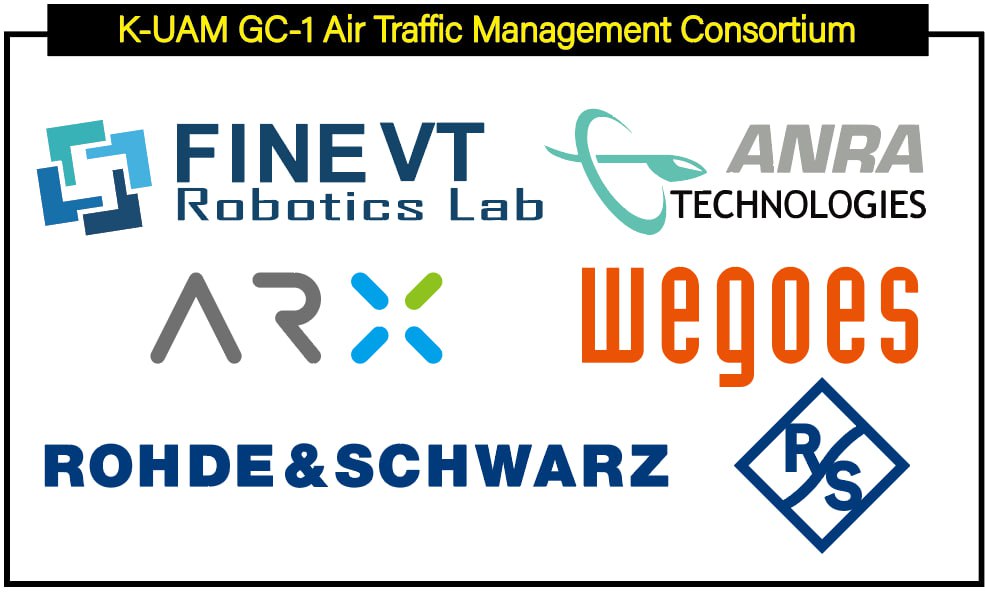
Eo Myeong-so, 2nd Vice Minister of Land, Infrastructure and Transport said, “Competition among leading countries to preoccupy the UAM market will become increasingly fierce, so it is most important for Korean companies to secure leadership in the global market.”
Among the seven consortiums participating in the integrated operation demonstration, the Korean Air-Incheon International Airport Corporation consortium will begin verification through localization development and integrated demonstration of the operating system of the operating company, traffic management company, and Vertiport.
For gas and operation, the personal autonomous airplane (OPPAV) developed by Korean Air and the Korea Air Research Institute will be used, and Incheon International Airport Corporation will be in charge of traffic management and vertiport.
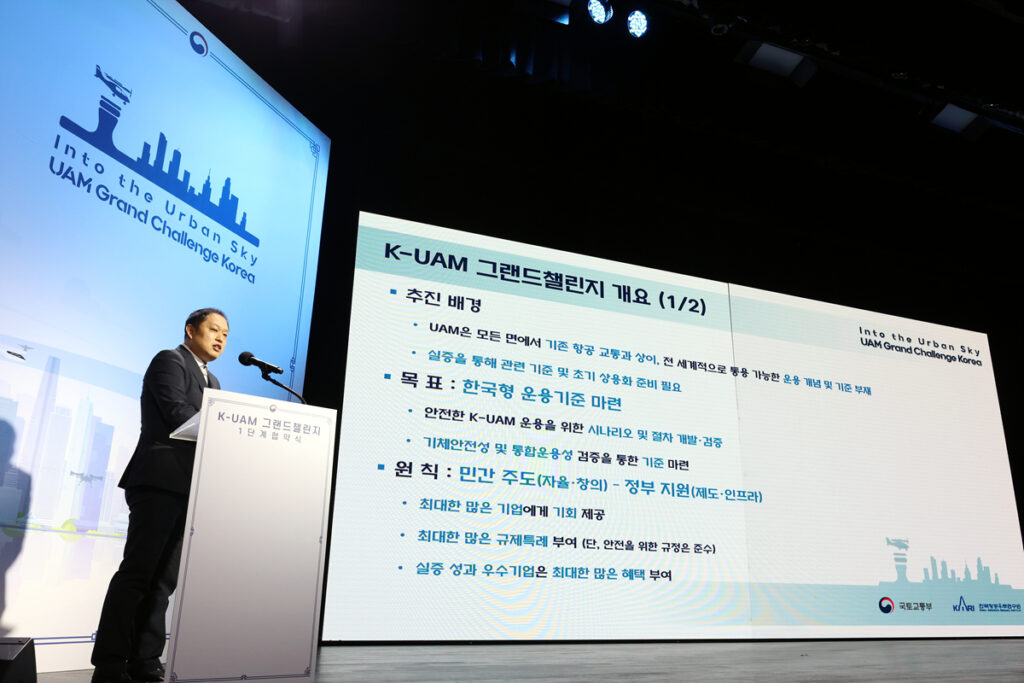
The UAM combination consortium is a domestic small and medium-sized enterprise in the field of aviation and drones, and demonstrates the integrated operation of simulation software (S/W). For aircraft and flight, the City Air Mobility Industrial Technology Research Association uses the prosperity of Germany’s Autoflight, and Daboi & C and others take charge of the vertiport for traffic management and drone systems.
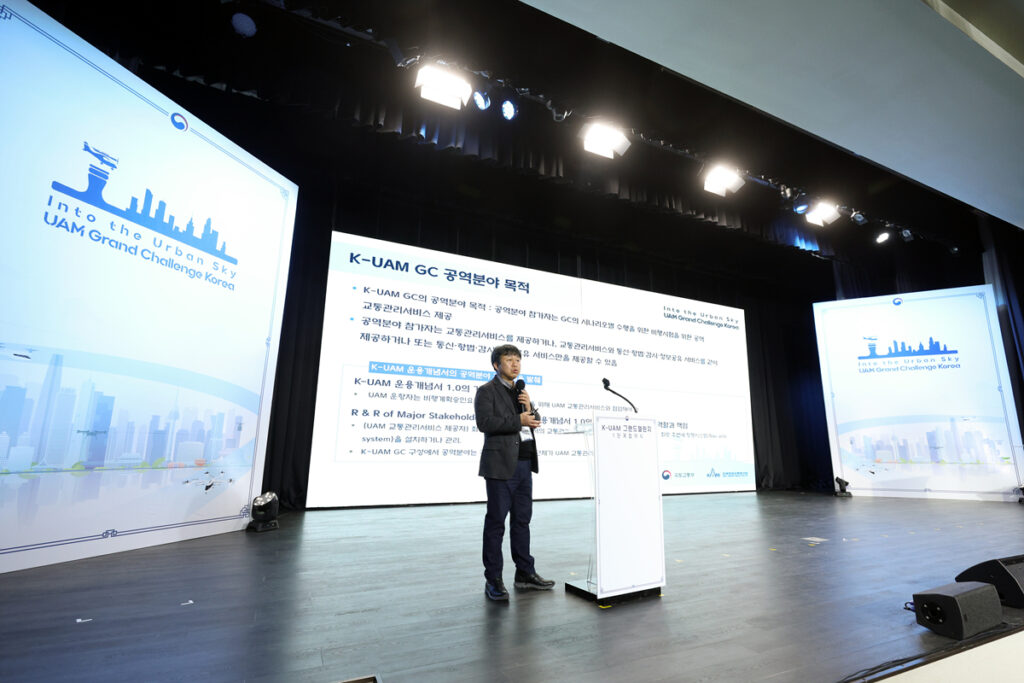
The Hyundai Motors-KT consortium demonstrates the establishment of a foundation for urban vertiport construction through UAM operation and traffic management service platforms and optimization of vertiport design. For aircraft and flight, Hyundai Motor Company and Korean Air use OPPAV, while KT builds traffic management and Hyundai E&C builds Vertiport.
The K-UAM Trim Team will provide a self-developed traffic management operating system and ‘T’ mobility linked service, build the world’s first 5G aerial network for UAM, and demonstrate 3D geographic information and urban weather forecasting.
For aircraft and flight, SKT uses Joby aviation of S4 of the United States, Hanwha Systems, etc. are in charge of traffic management, and Korea Airports Corporation is in charge of vertiport.
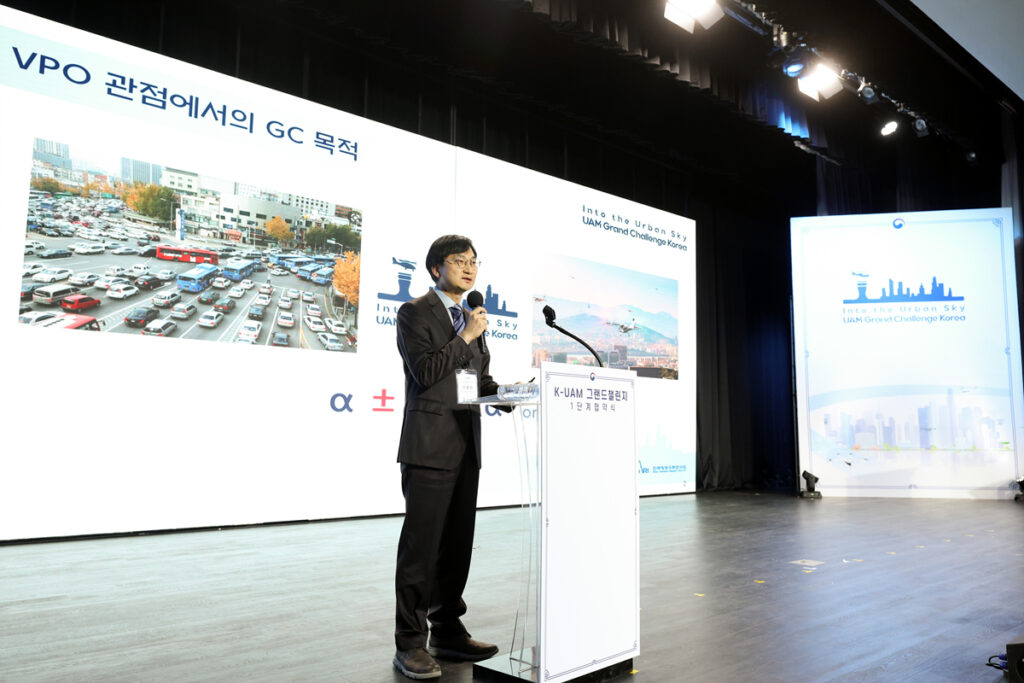
The UAM Future Team demonstrates integrated operation such as providing a 3D journey for future mobility based on MaaS platform-based customer propensity, intelligent traffic management centered on 5G communication, and entertainment service for passengers.
For aircraft and flight, Kakao Mobility uses VX4’s vertical aerospace in the UK, LG U+ and others manage traffic, and GS E&C builds Vertiport.
The Lotte Consortium is demonstrating seamless mobility service scenarios linked to self-driving shuttles and integrated operation in conjunction with Vertiport. Take this vertiport.
Lastly, the Daewoo E&C-Jeju Air consortium prepares the foundation for vertiport construction, such as reviewing the structure of the building, and demonstrates the complex development and smart city model for selecting the optimal vertiport location. Daewoo E&C and others build traffic management and Daewoo E&C build Vertiport.
In addition, in a single field, Plana, Voltline (aircraft and flight), Kenkoa, Rovigos, and Fine VT Robotics LAB (traffic management) will participate.
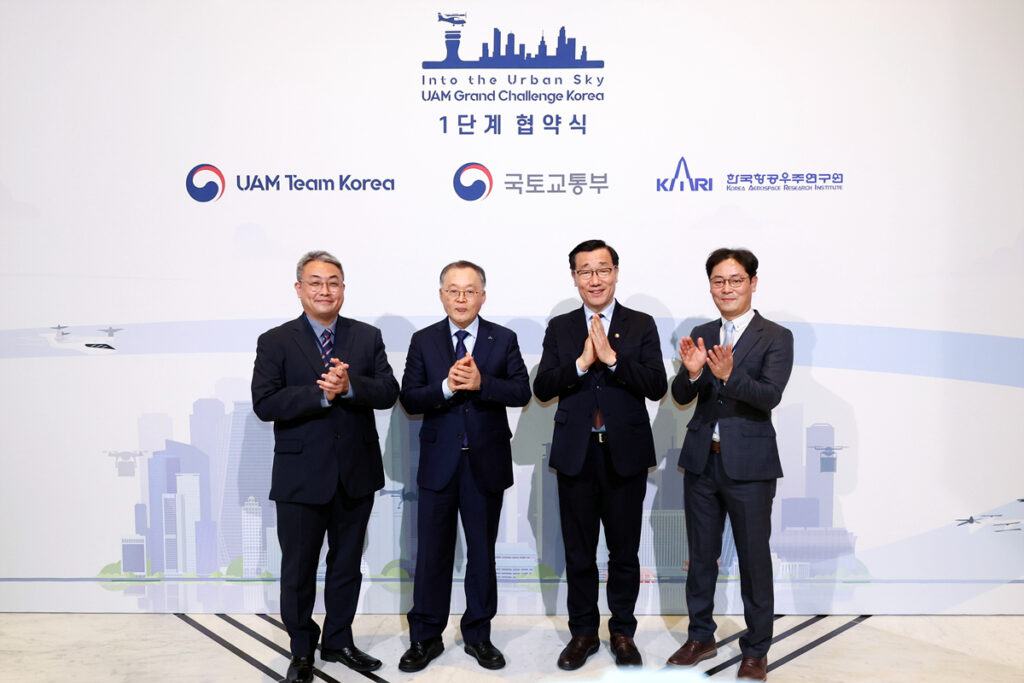
Each consortium and companies plan to demonstrate the stability of integrated operation among operators, traffic management operators, and Vertiport operators according to operating scenarios to be applied in the commercialization stage, and also measure noise to determine the range of access to the city center.
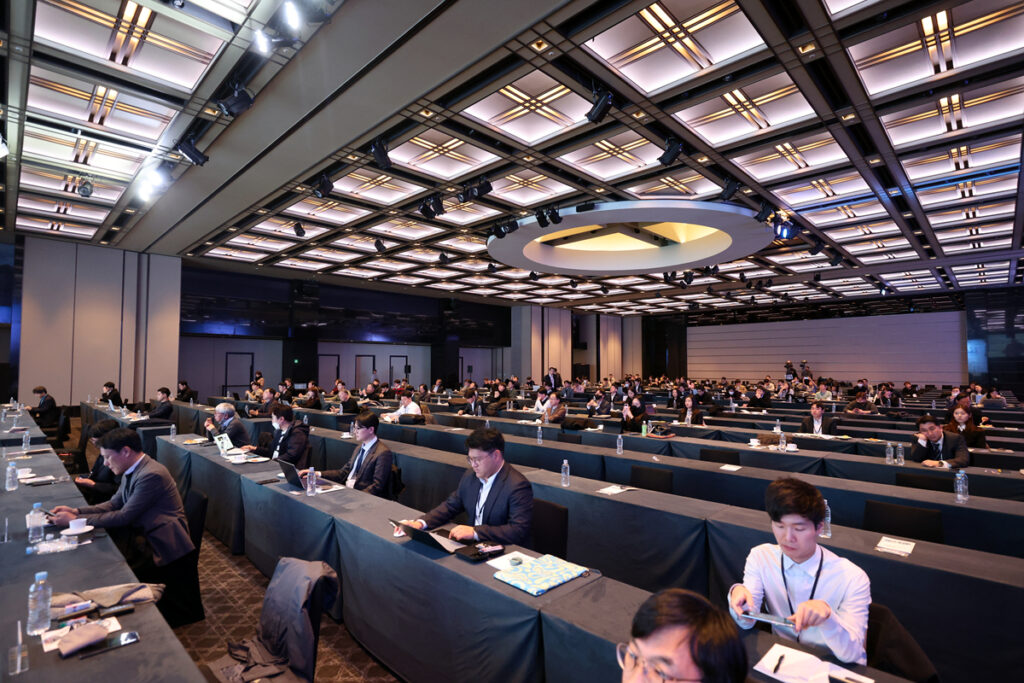
Although this Grand Challenge is later than the US and UK, which started in 2018 and 2020, respectively, overseas experts are evaluating it as a major demonstration project in the world. The Ministry of Land, Transport and Maritime Affairs expects that the Grand Challenge will bring together the excellent technologies of Korea and foreign advanced countries to create an arena of fierce competition.
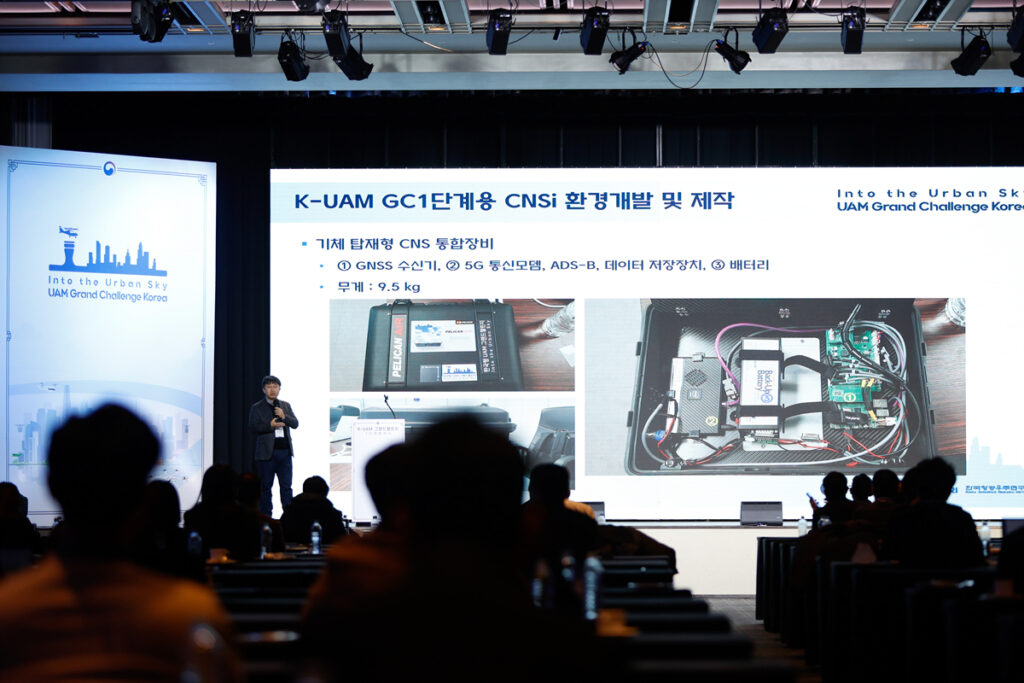
In particular, the construction of a traffic management system using commercial communication networks such as 5G, the establishment of an integrated operating system based on the premise of commercialization, and the utilization of virtual integrated operating simulators are being promoted for the first time in the world, and foreign countries such as NASA are also interested in them. .
In addition, next year, through the second stage of the Grand Challenge, demonstration will begin in the city center (metropolitan area), and the United States, France, and the United Kingdom will also begin demonstration in the city center from next year.
In accordance with such an excellent demonstration environment, a large number of foreign aircraft, which are expected to be commercialized the fastest, will also participate in the Grand Challenge, and competition for pride among UAM aircraft manufacturing companies is expected to be fierce.
